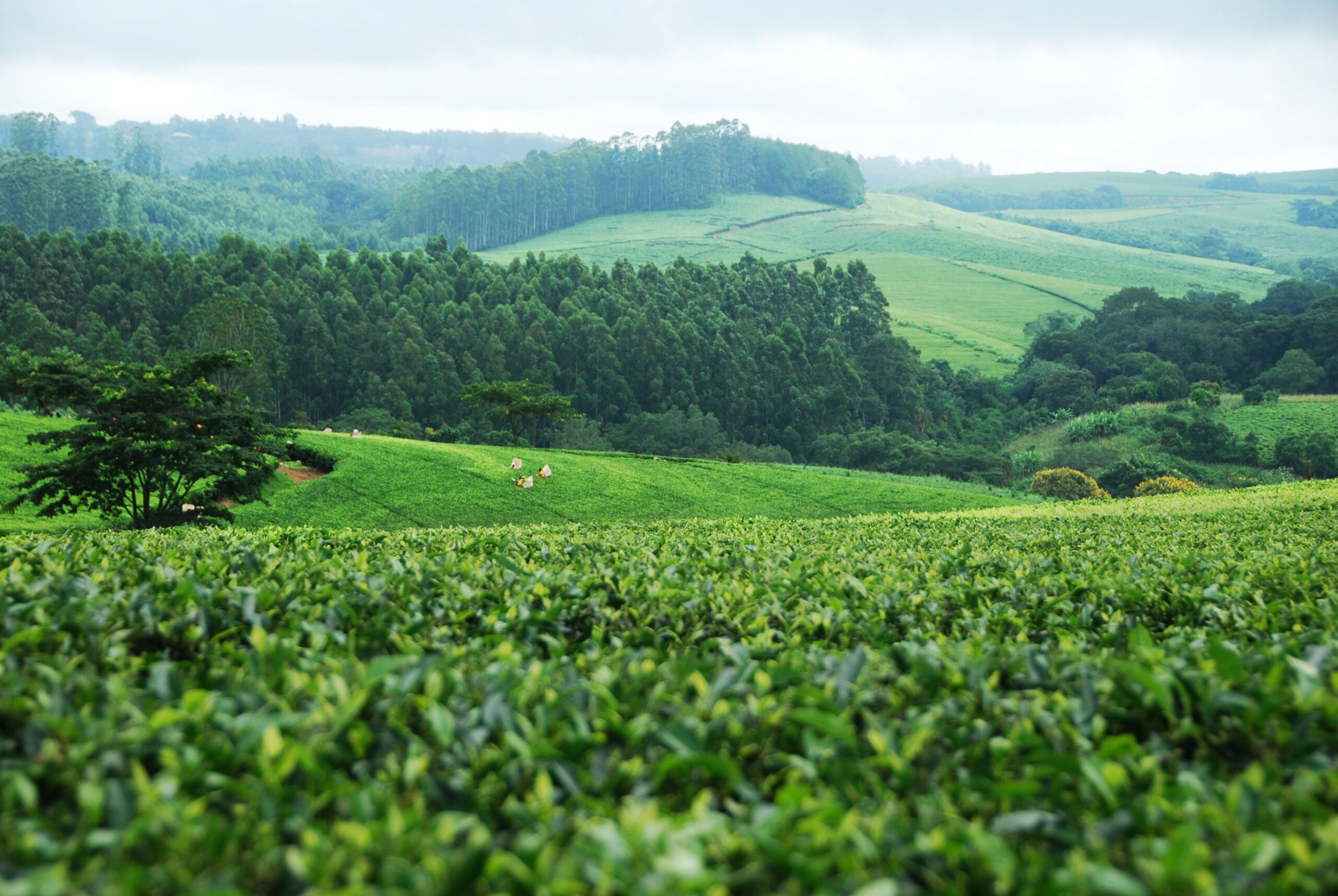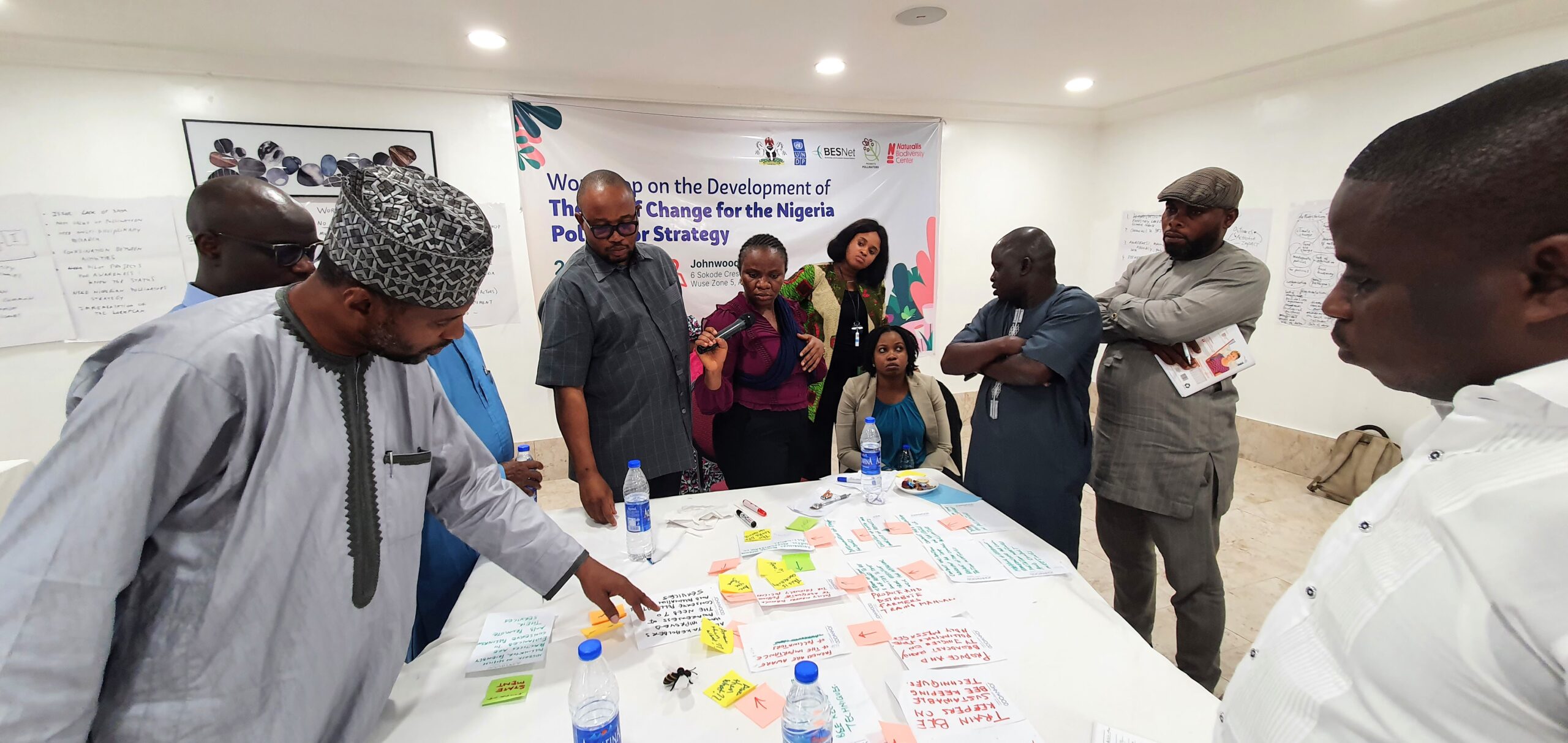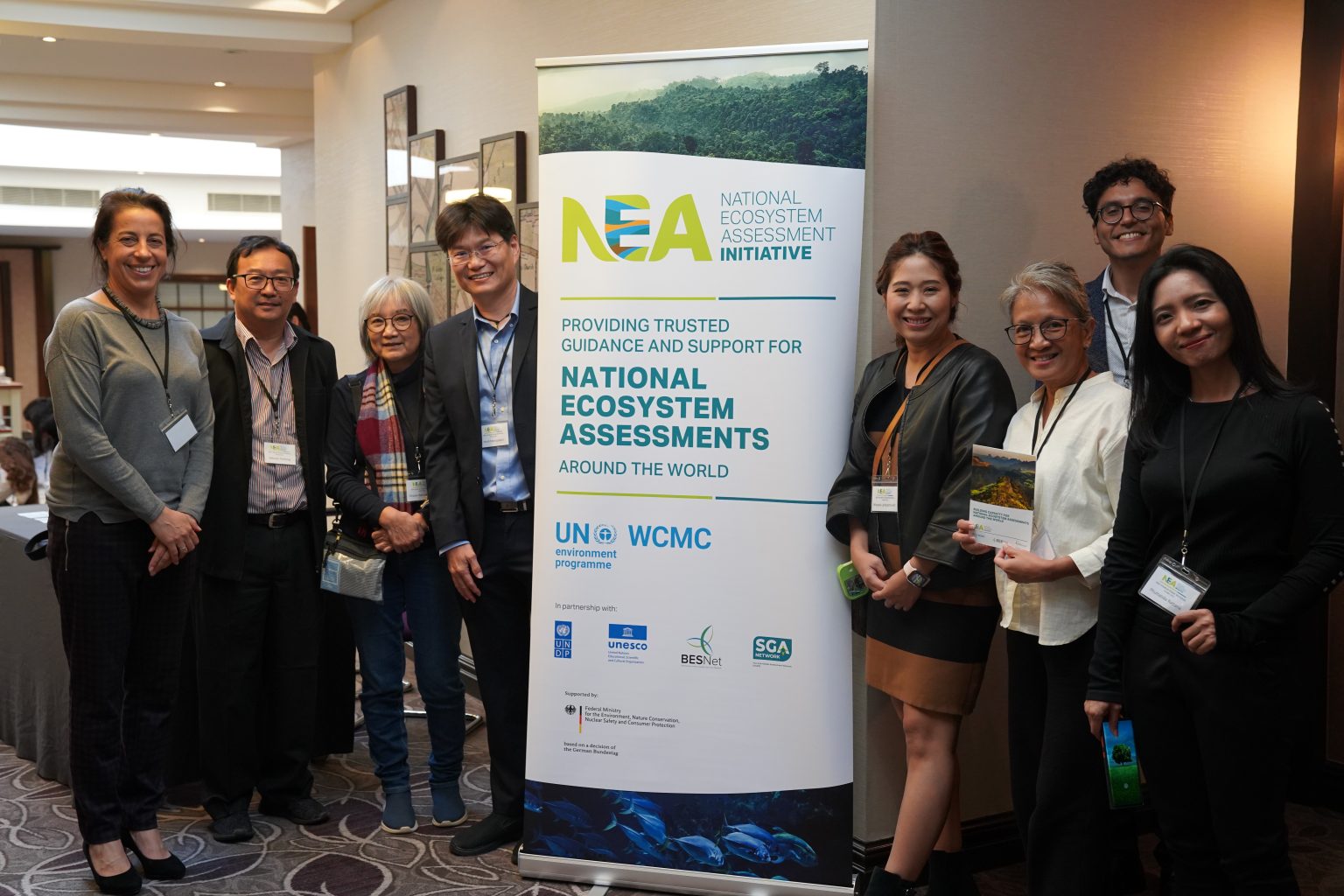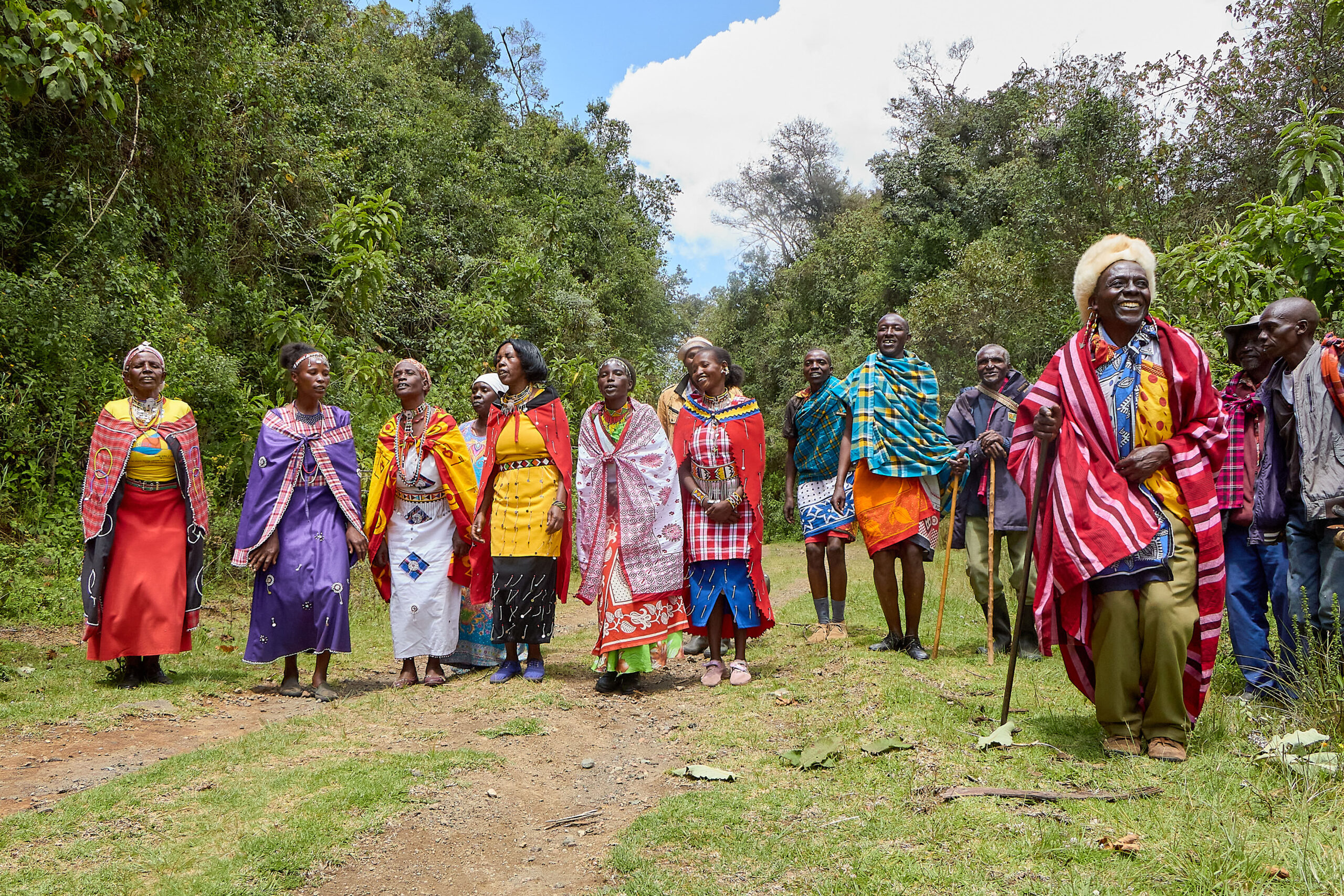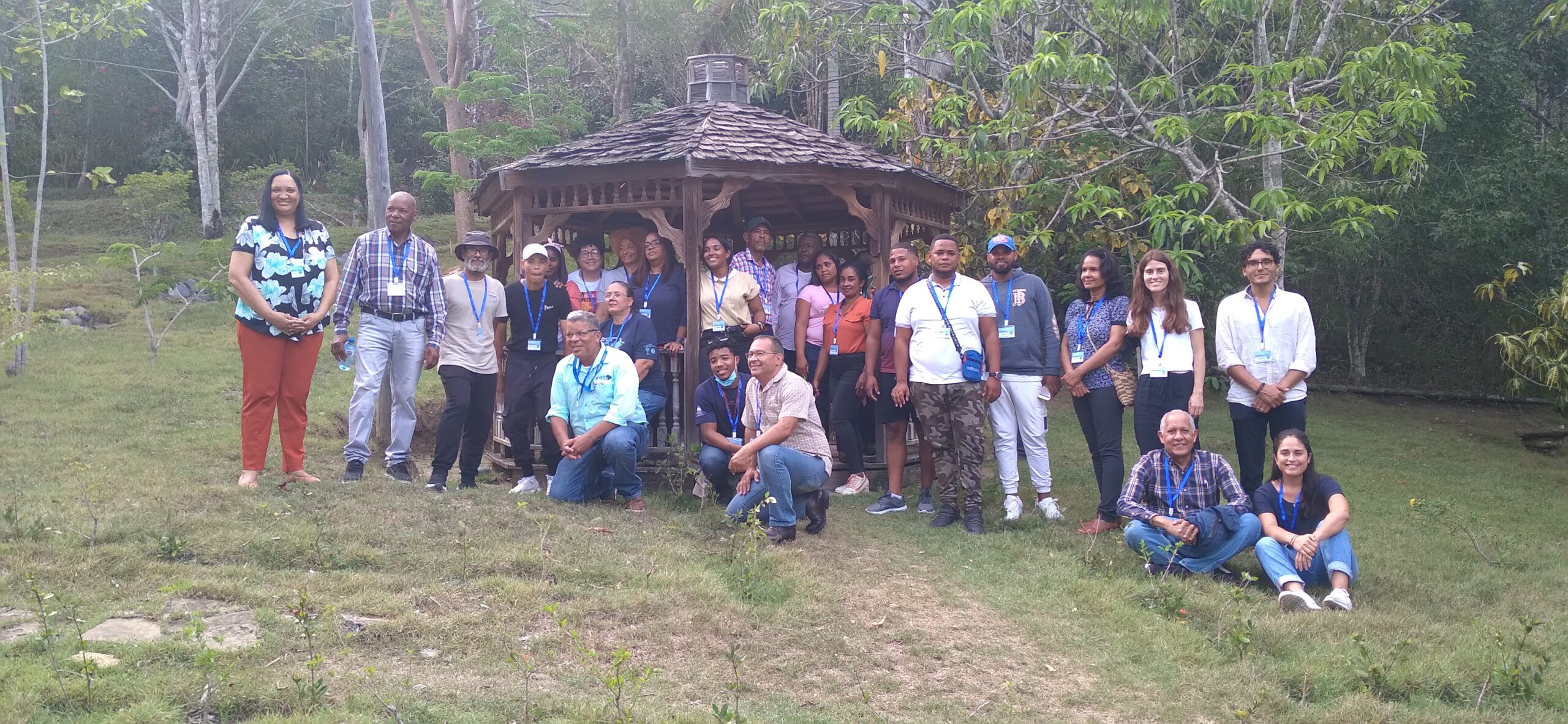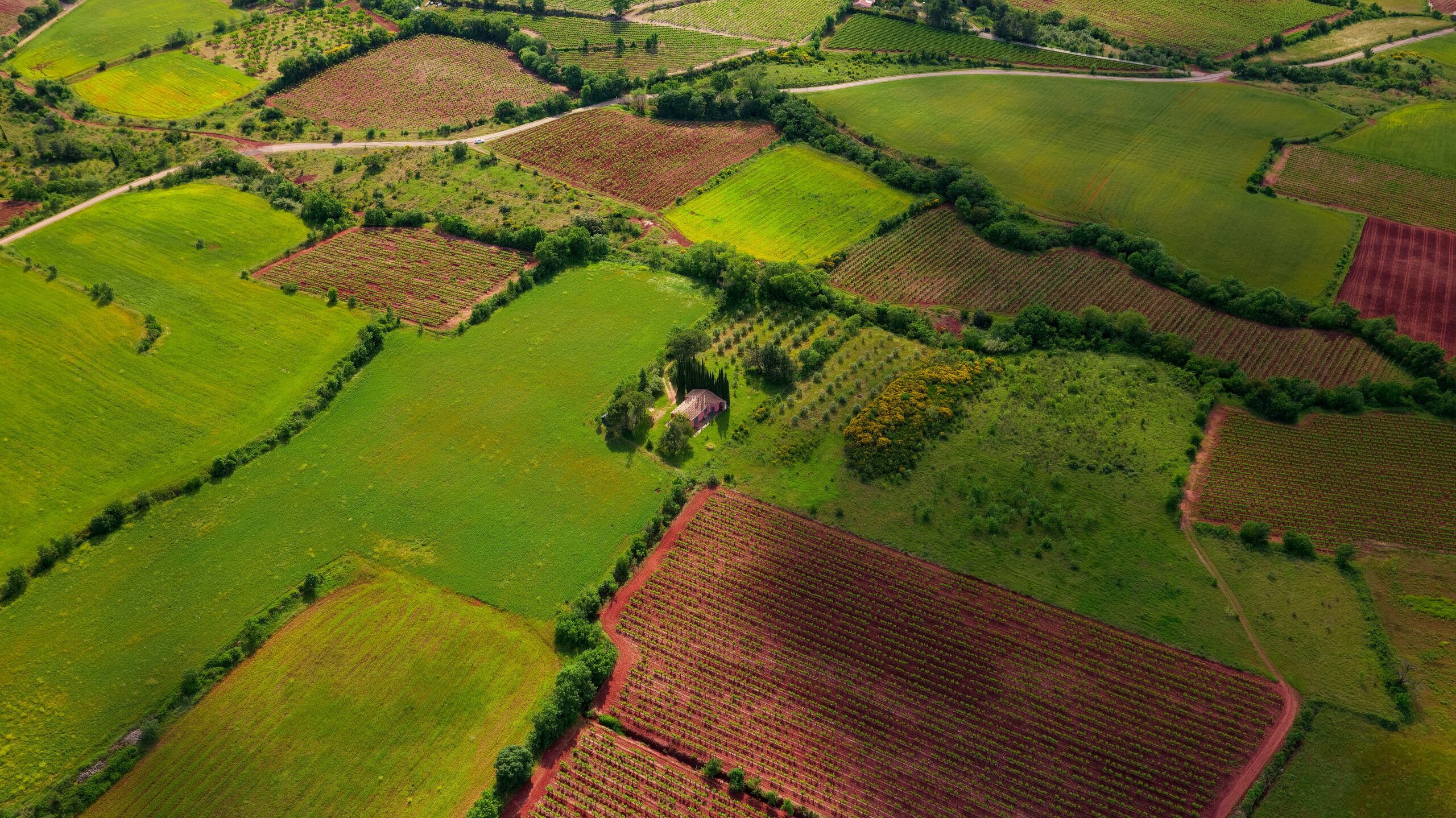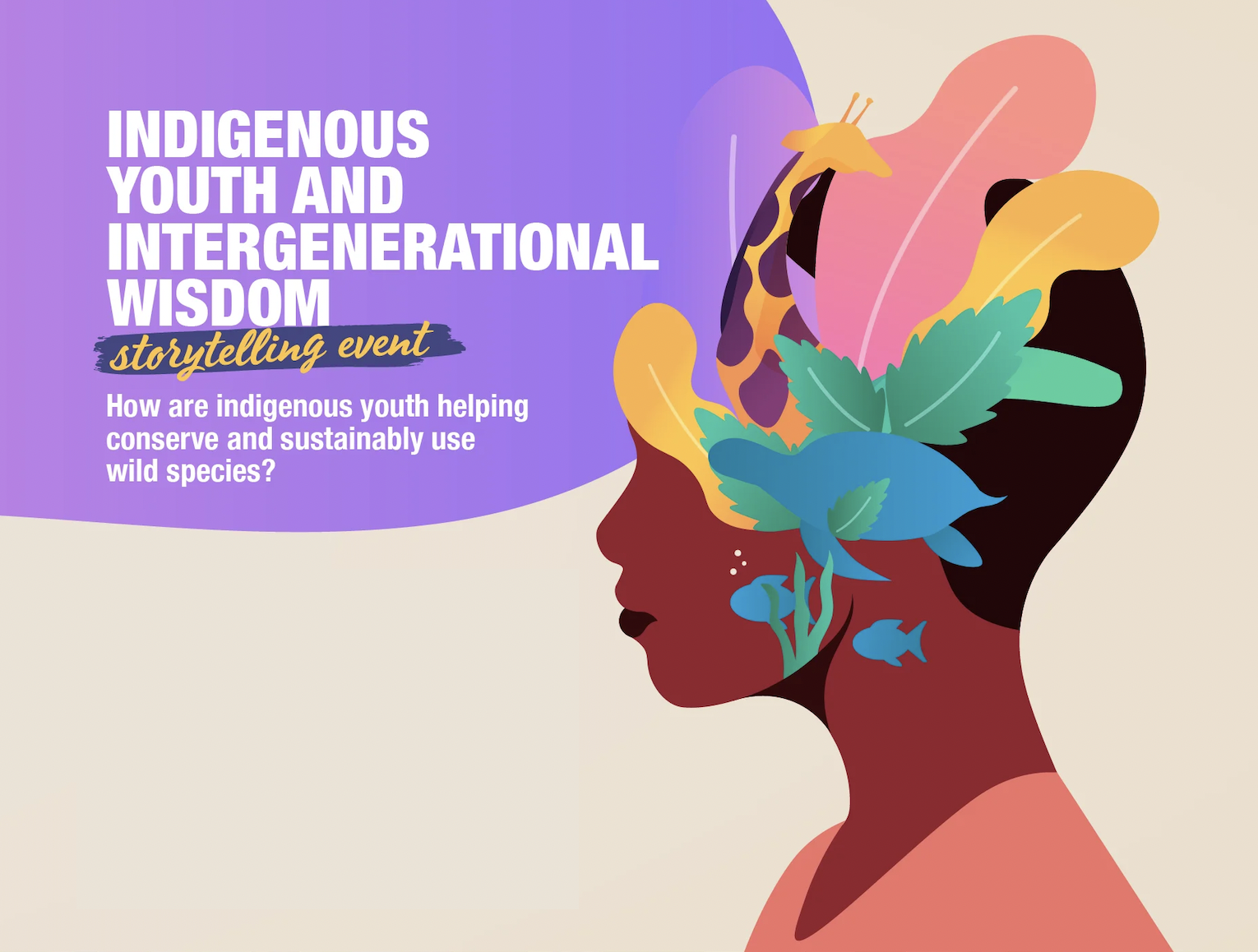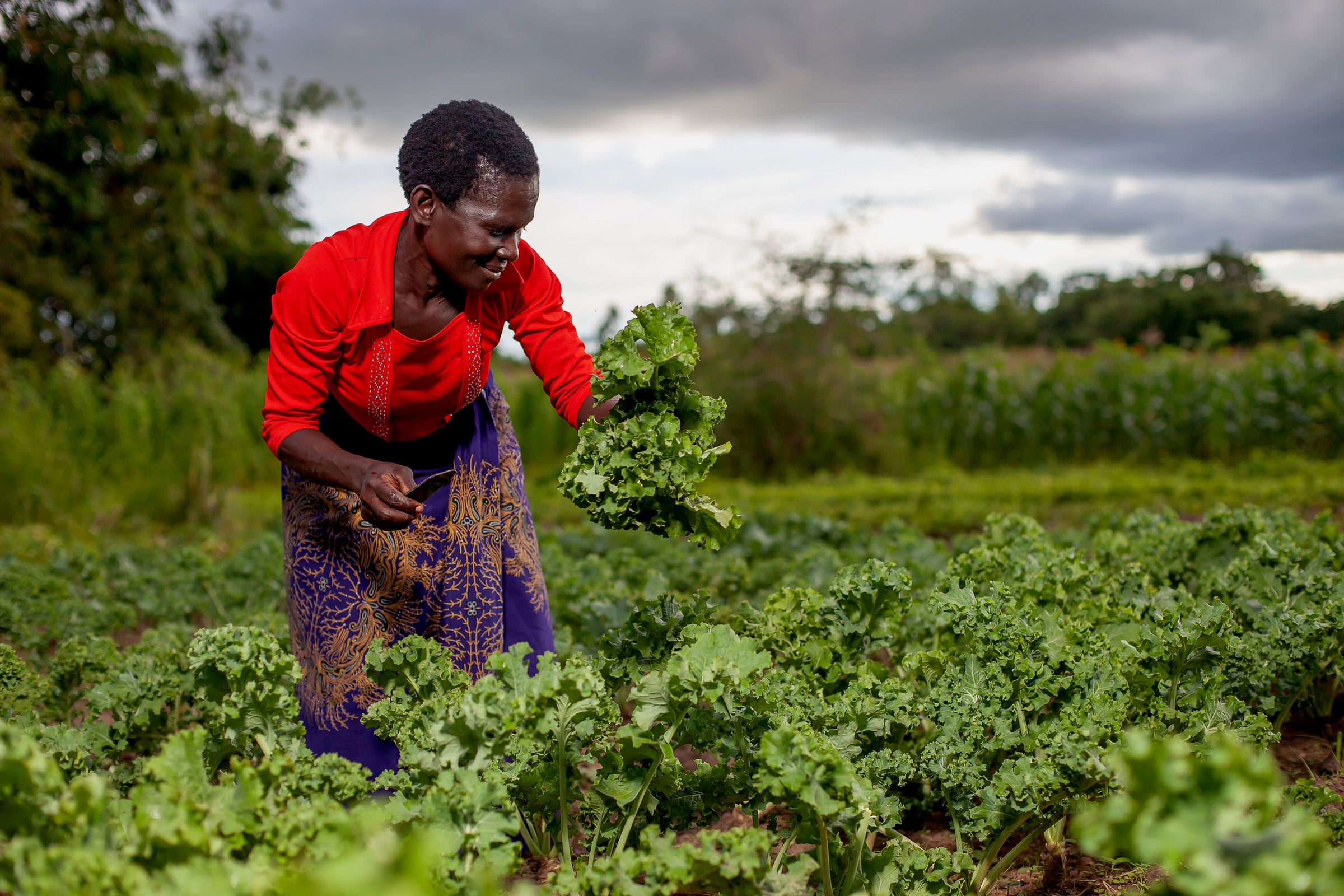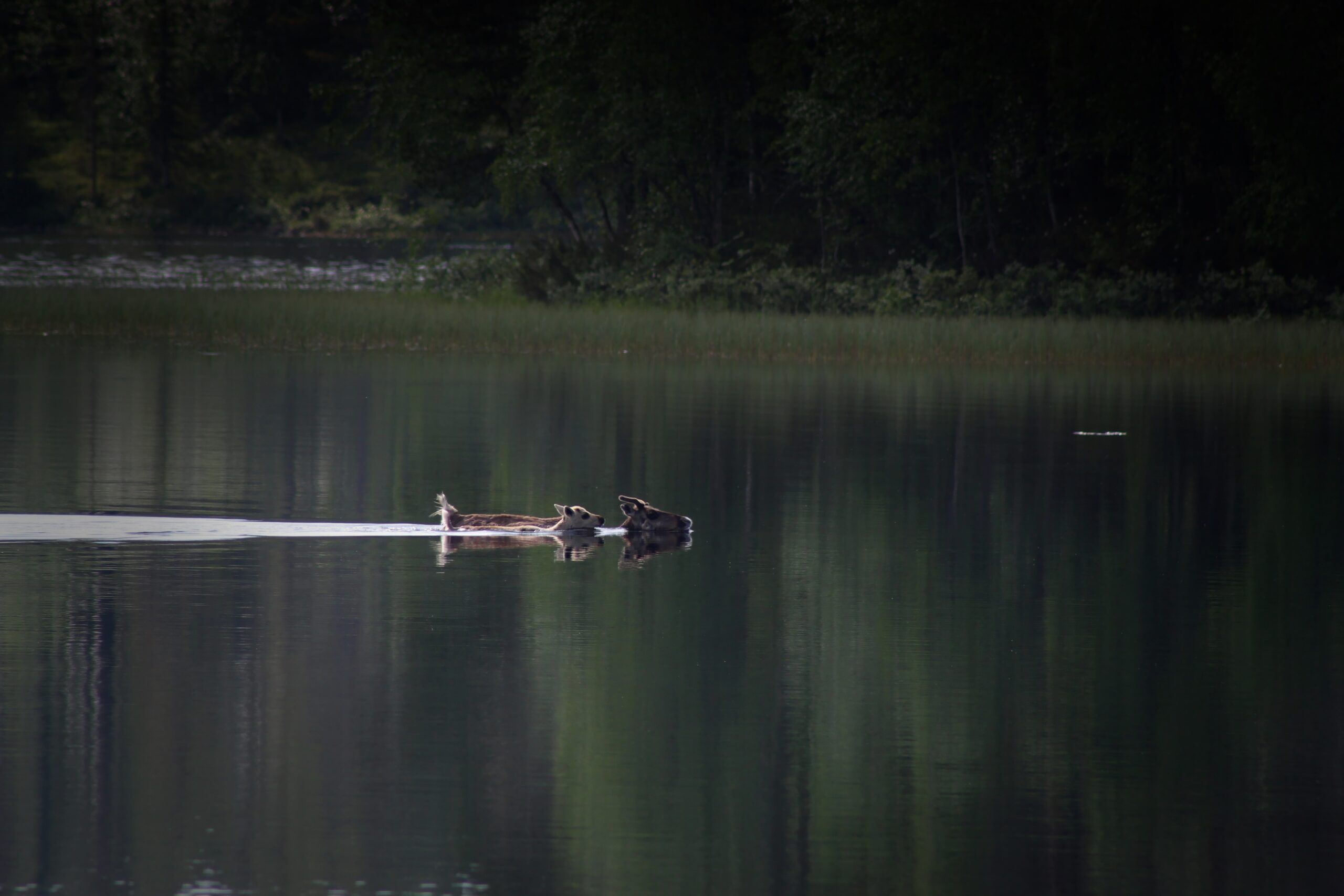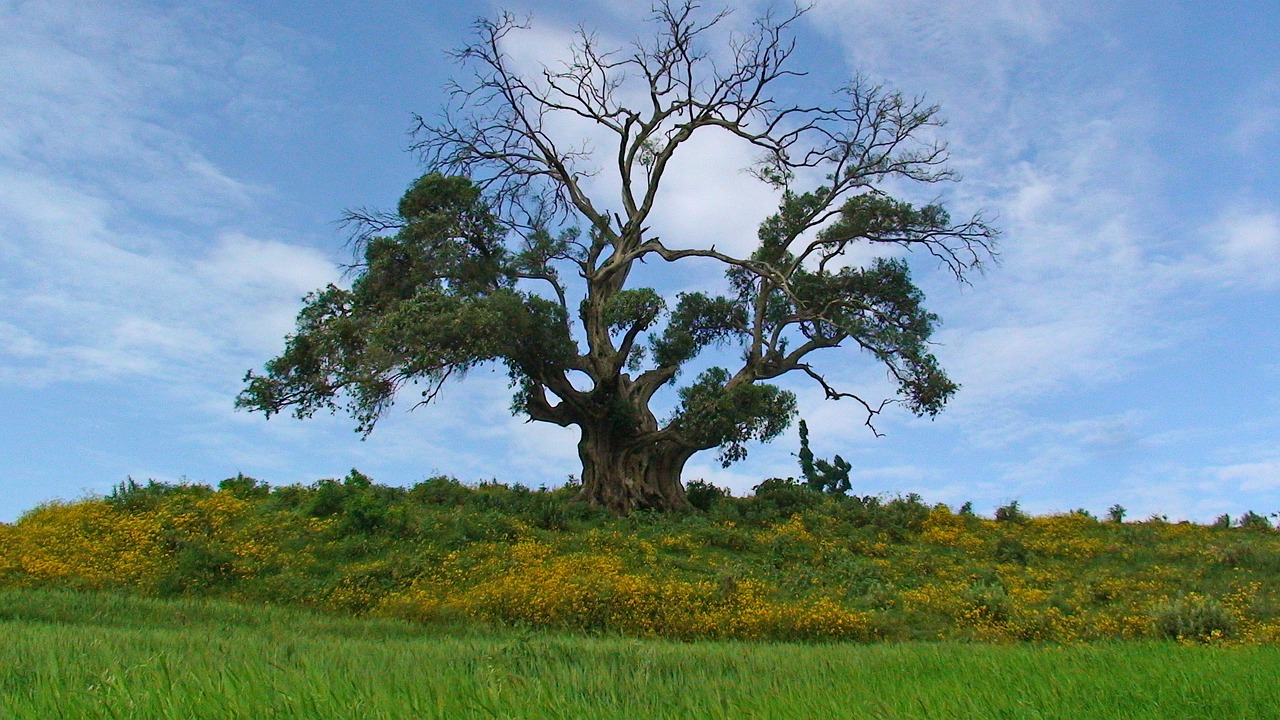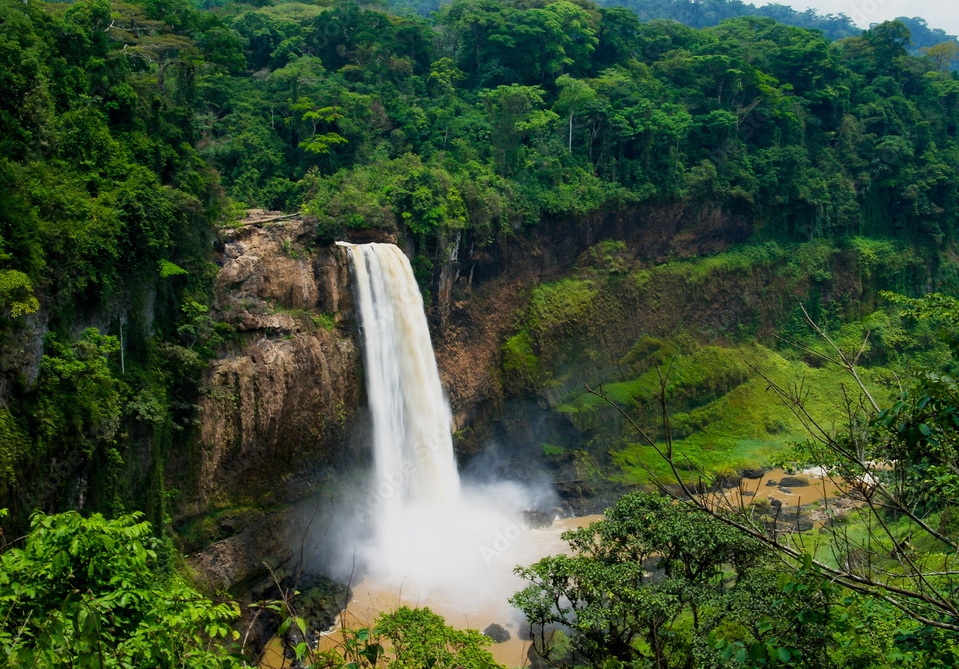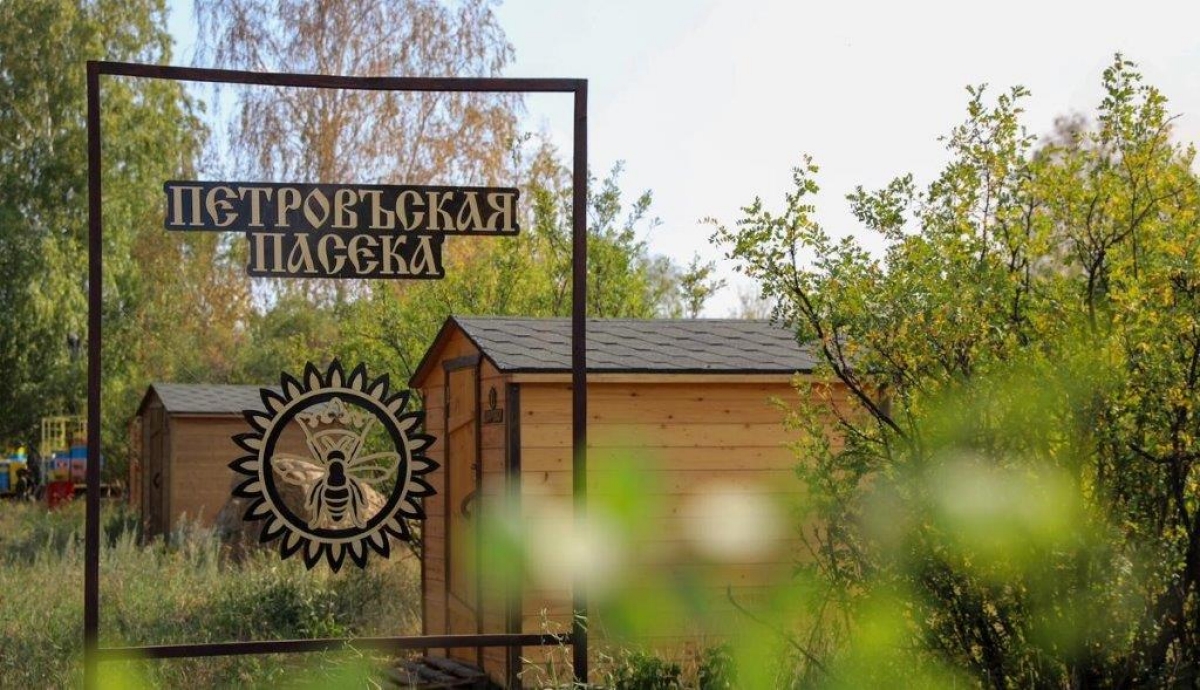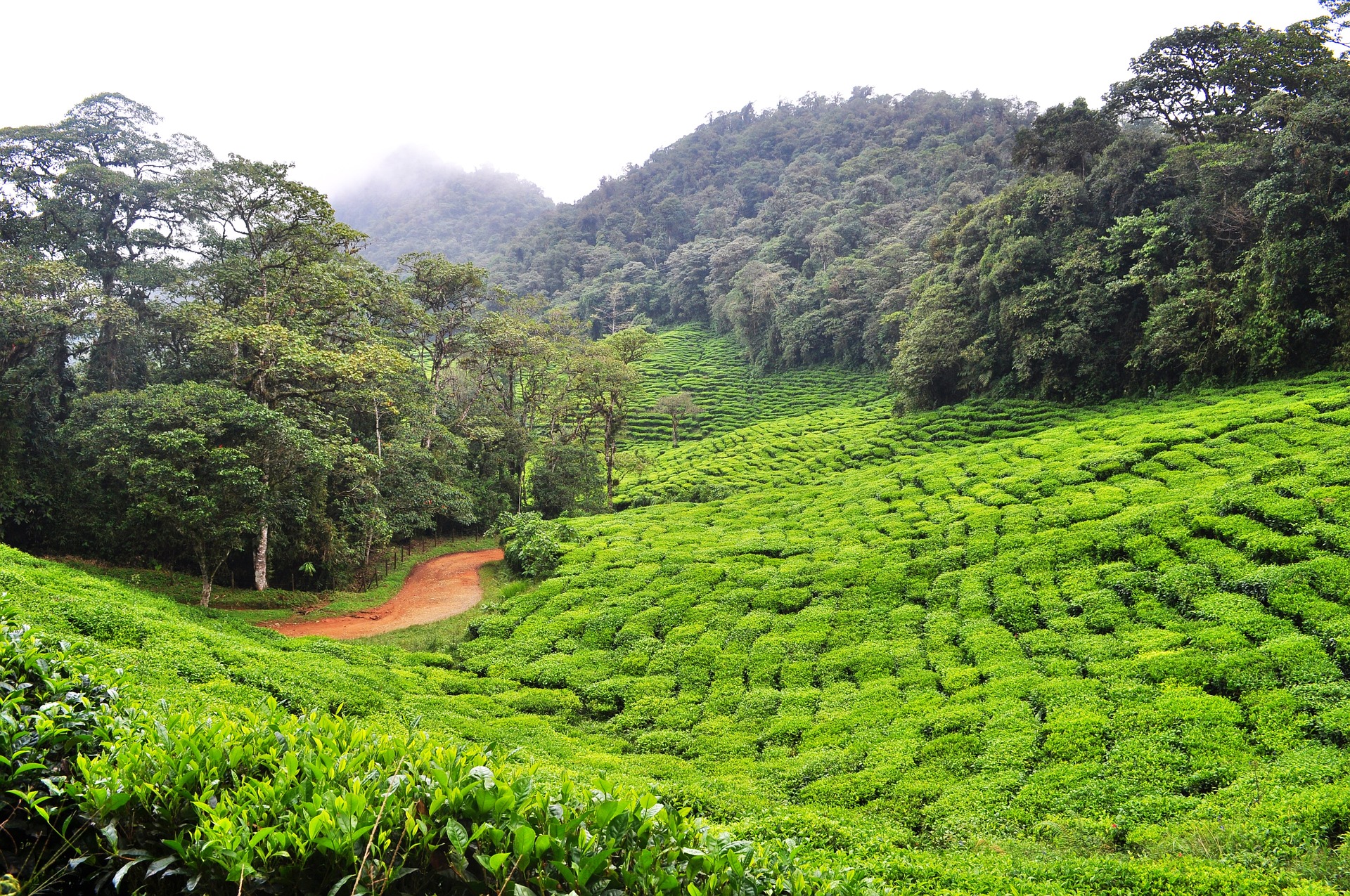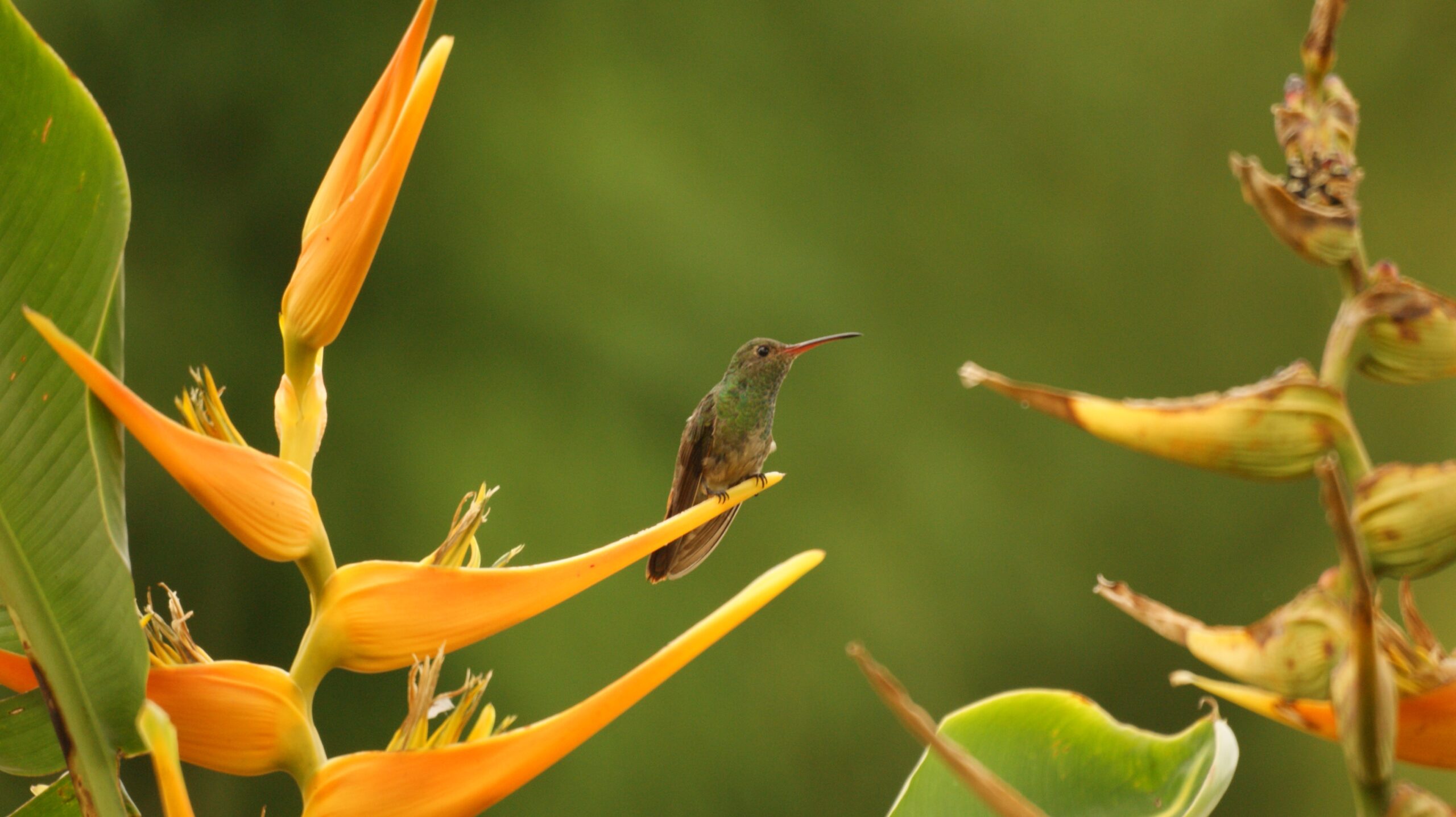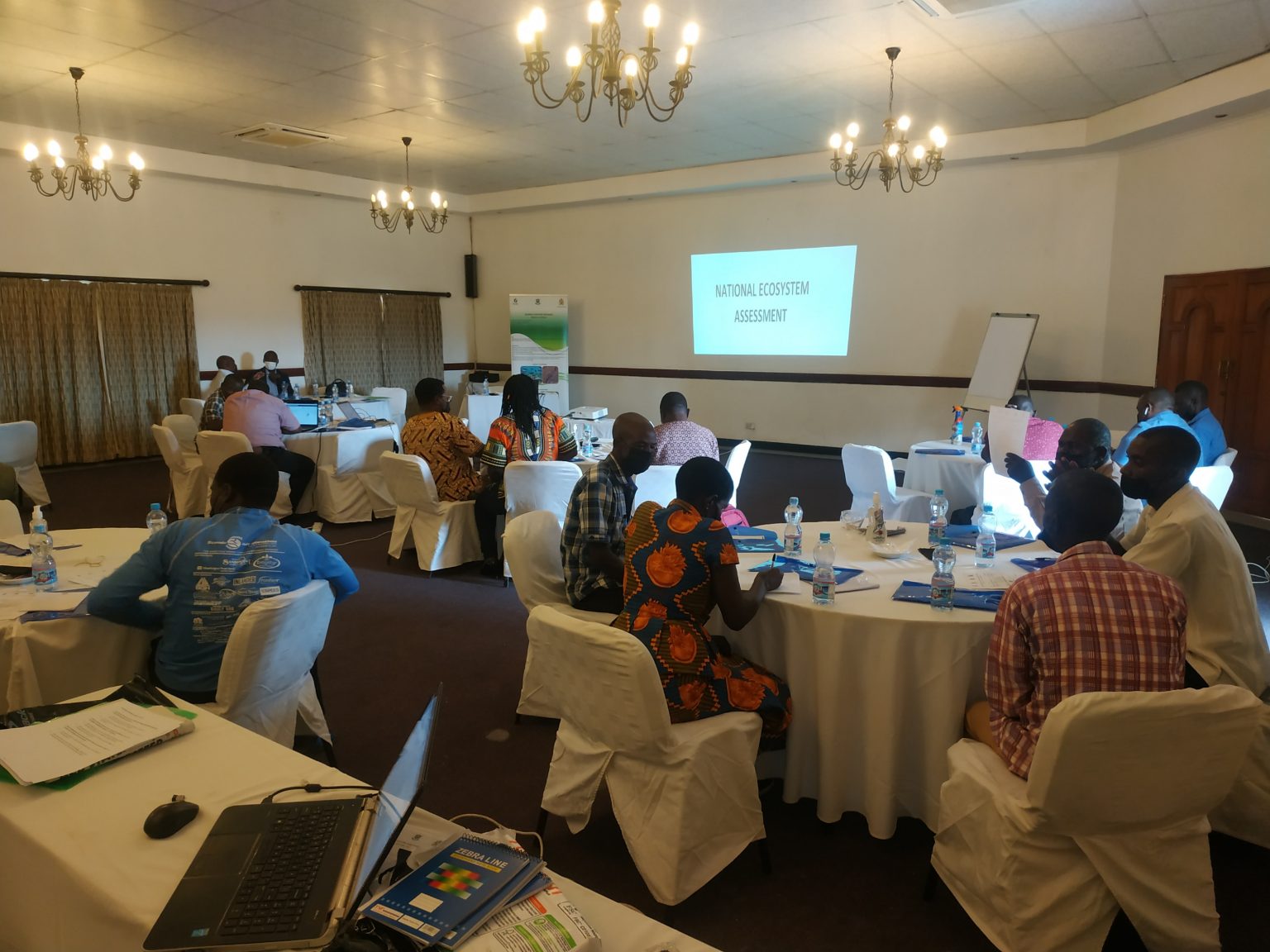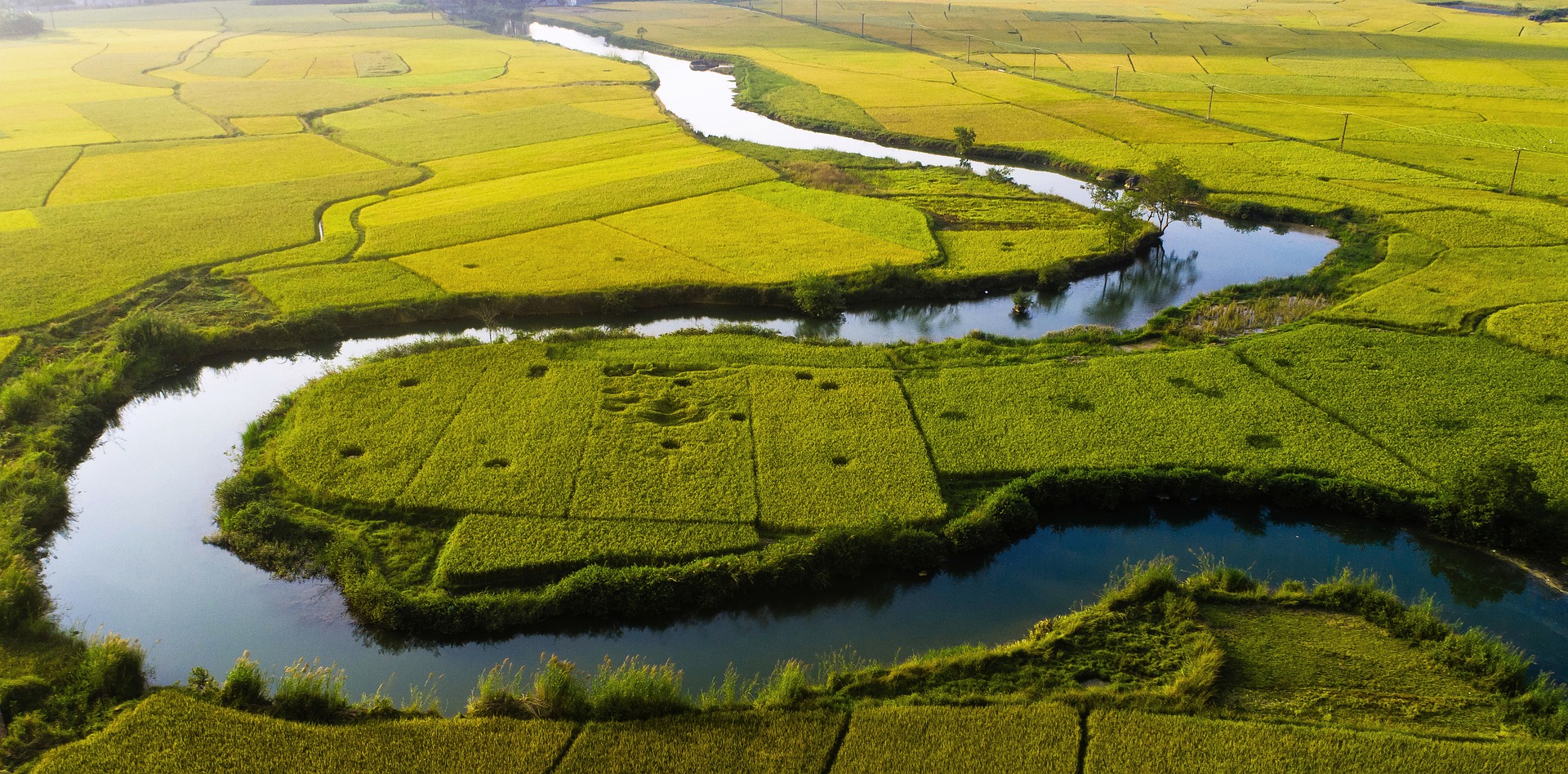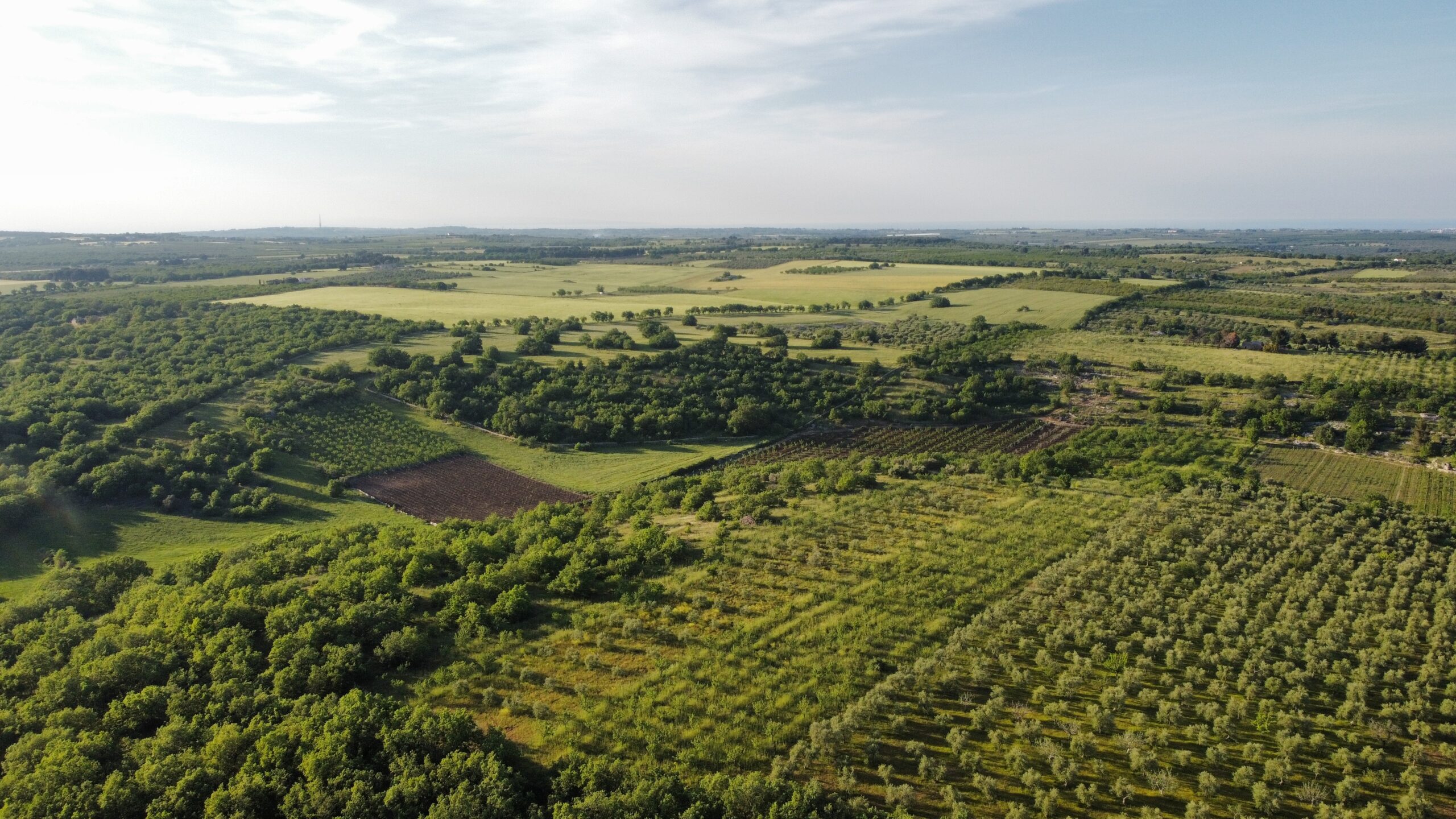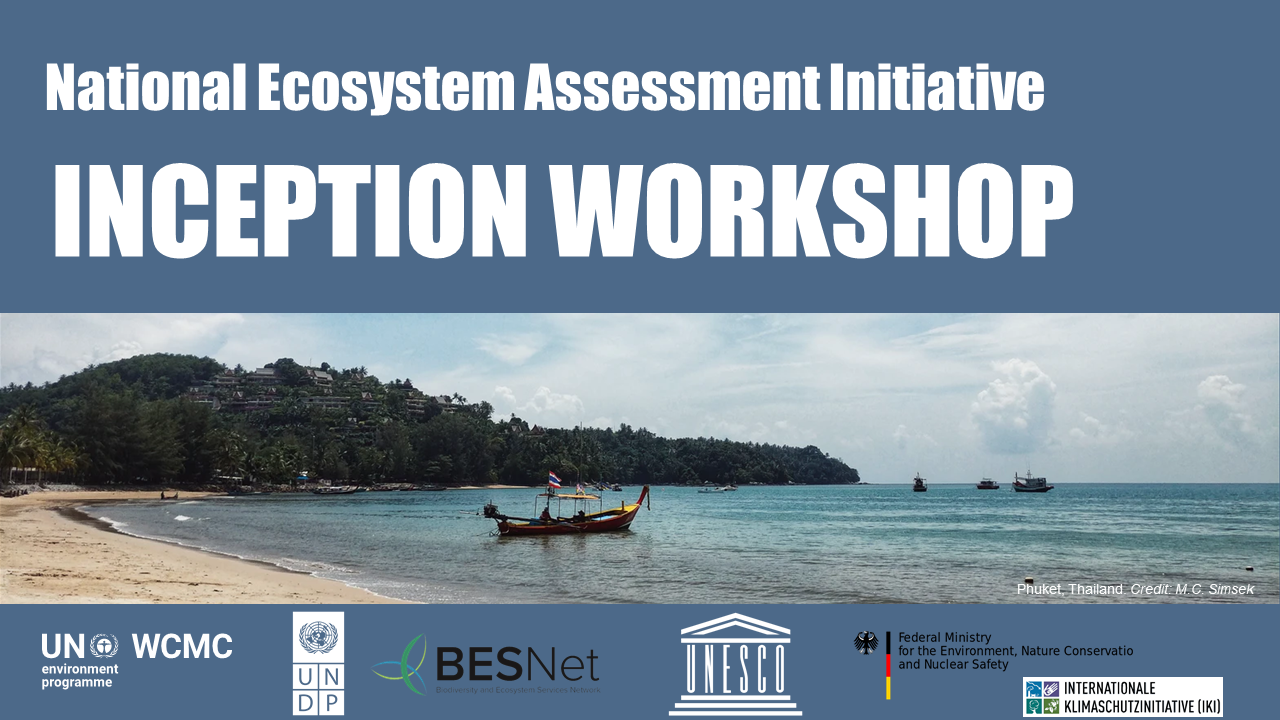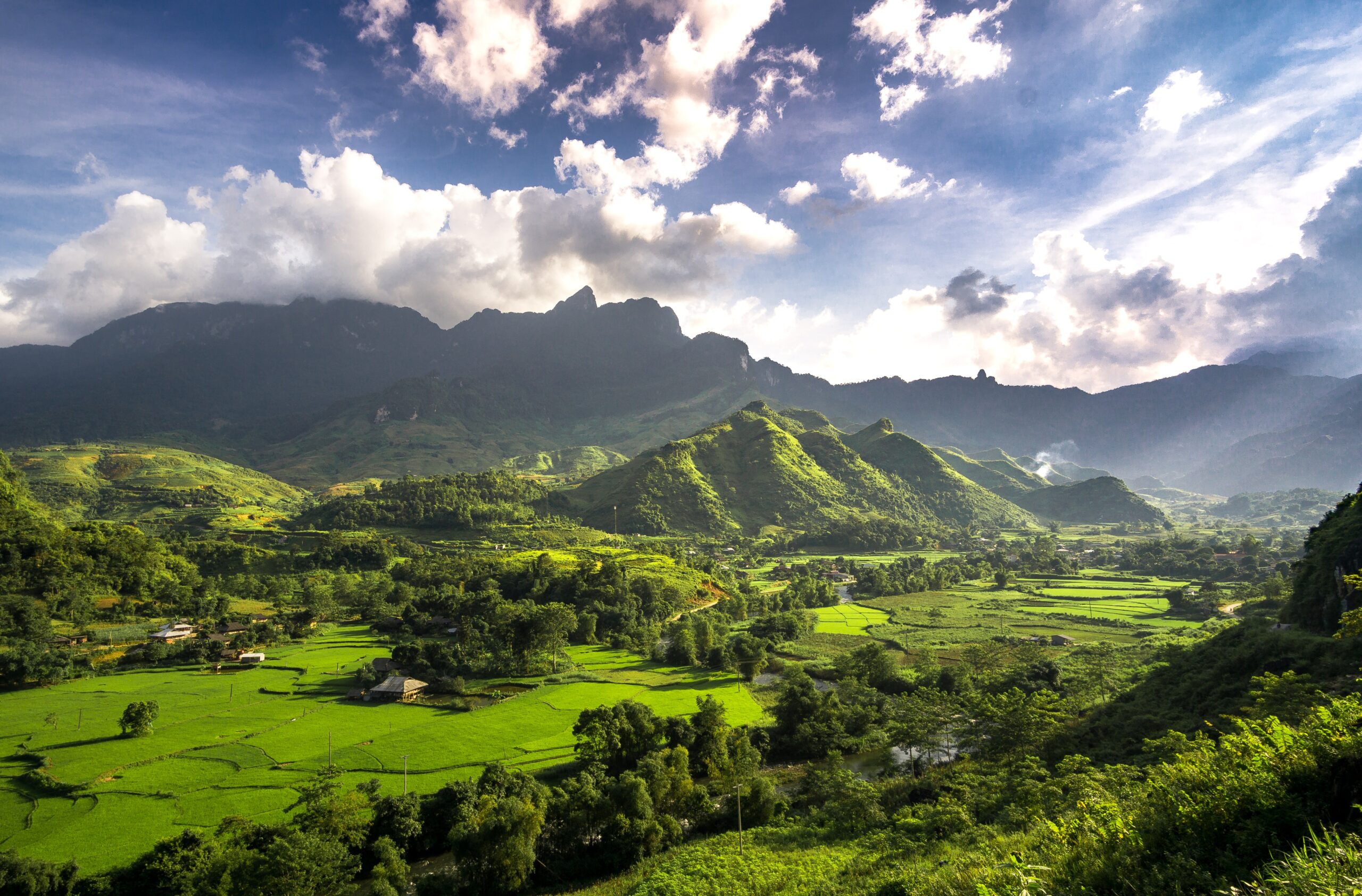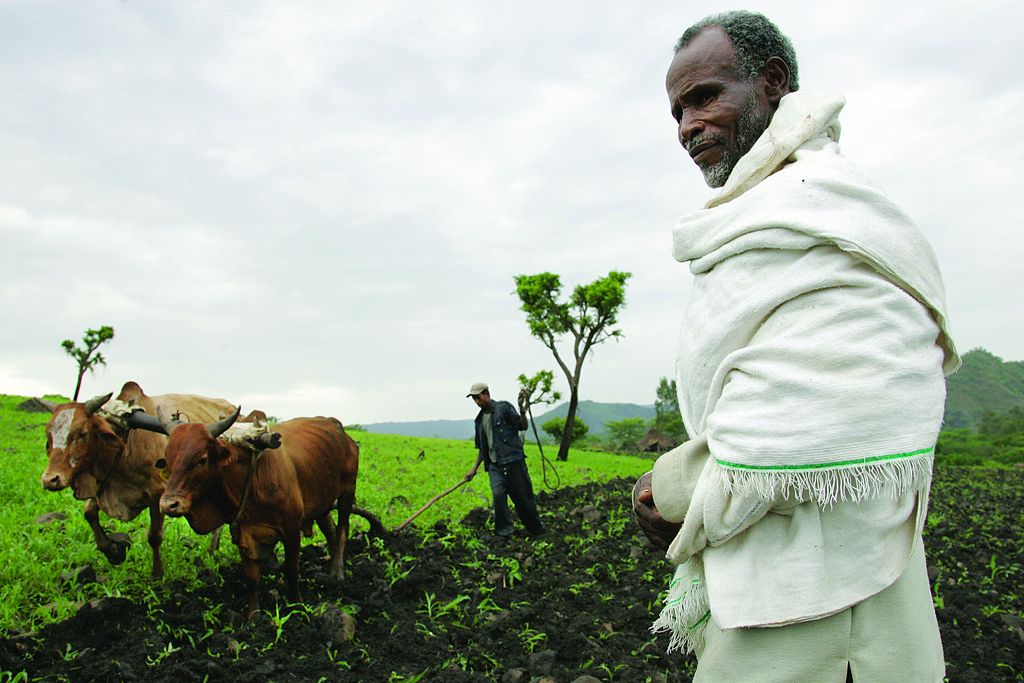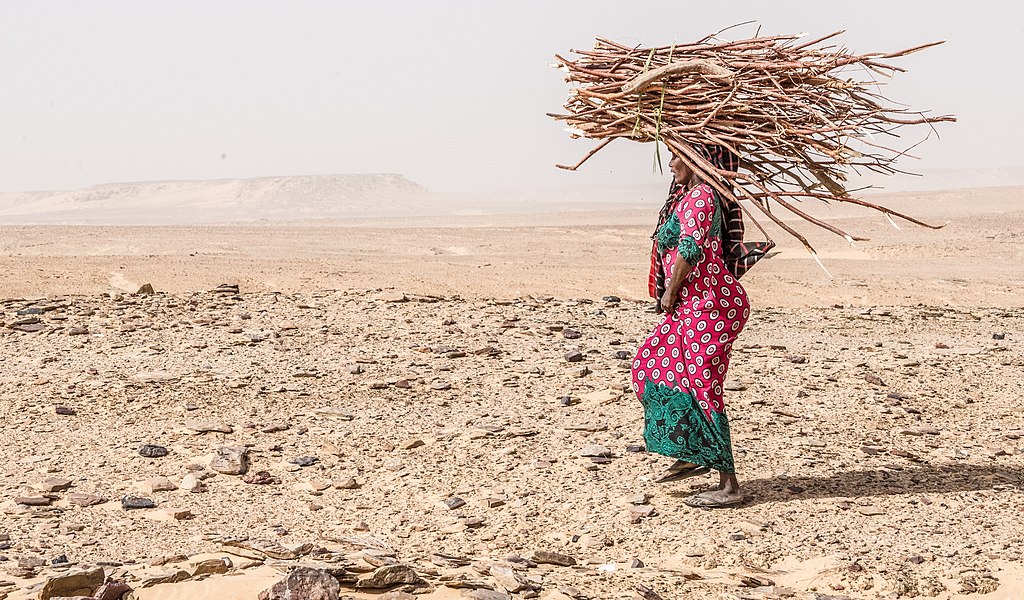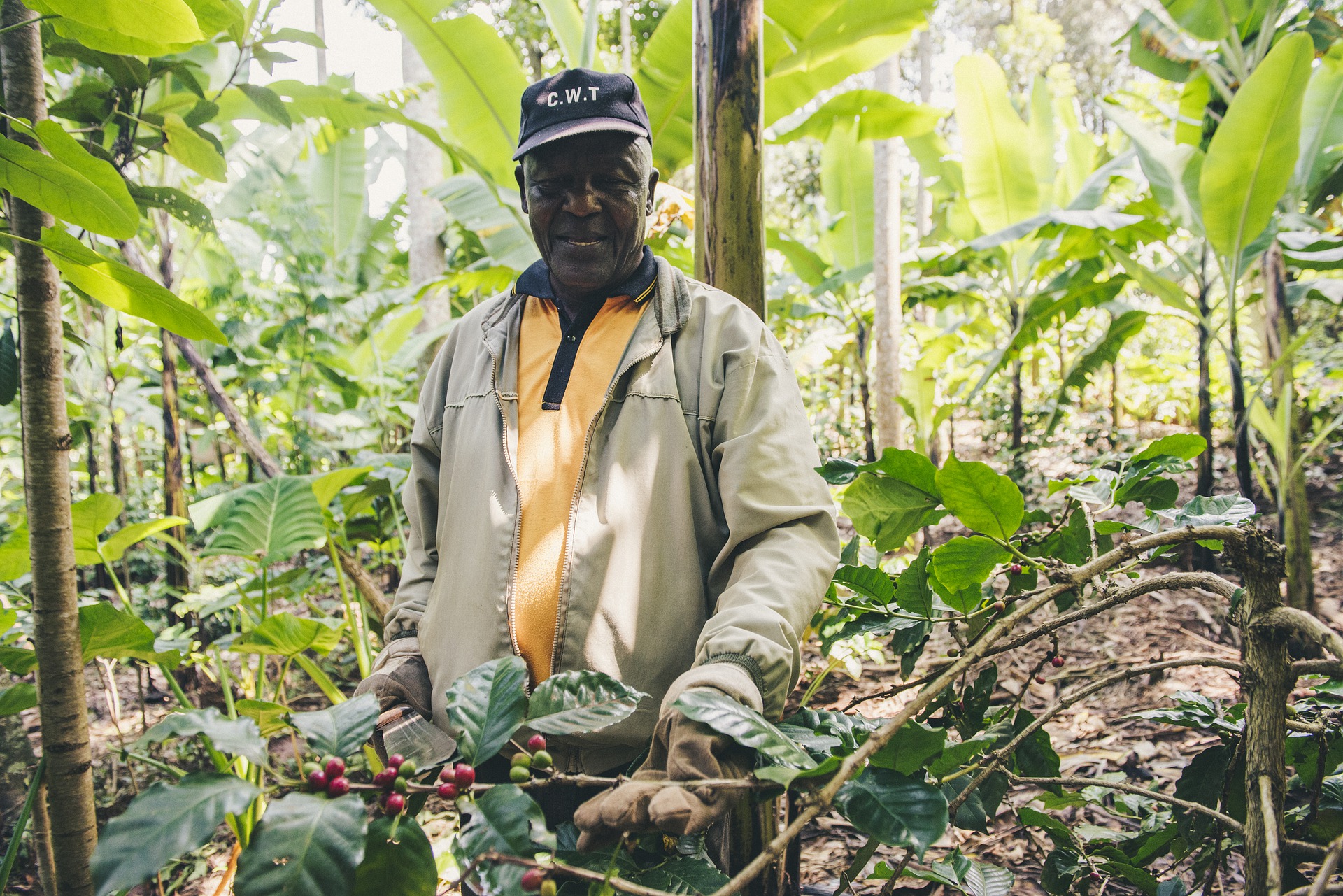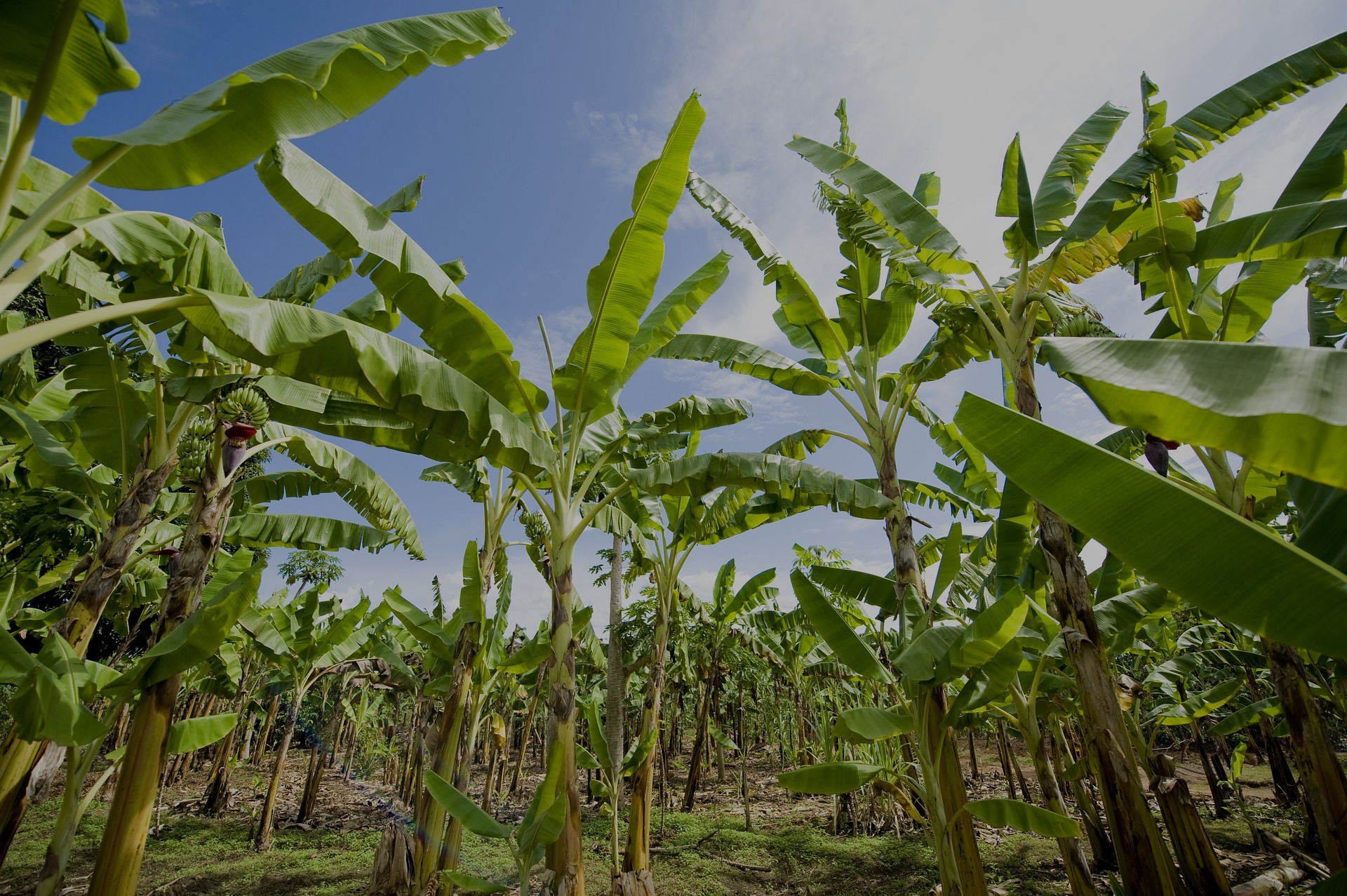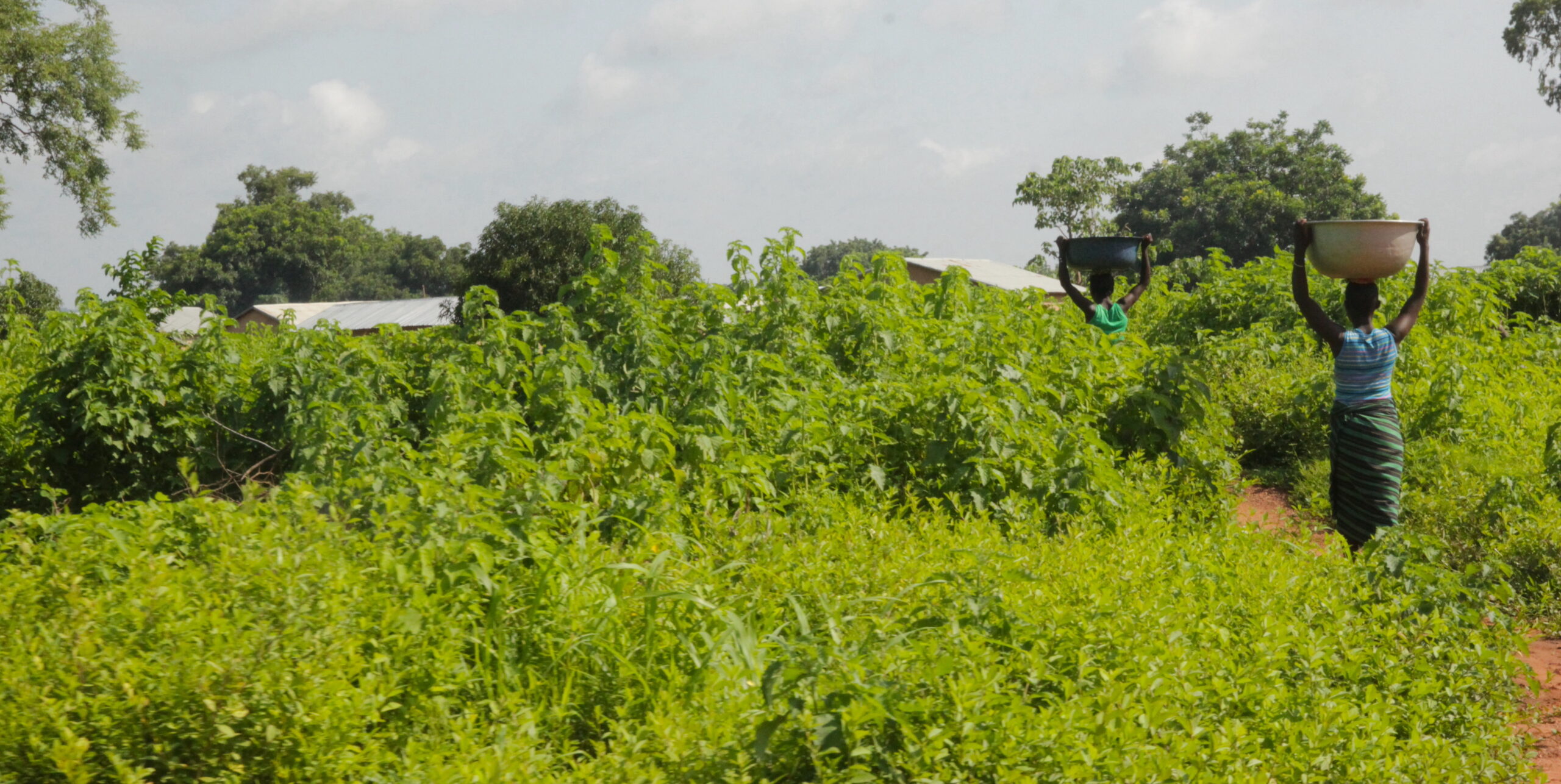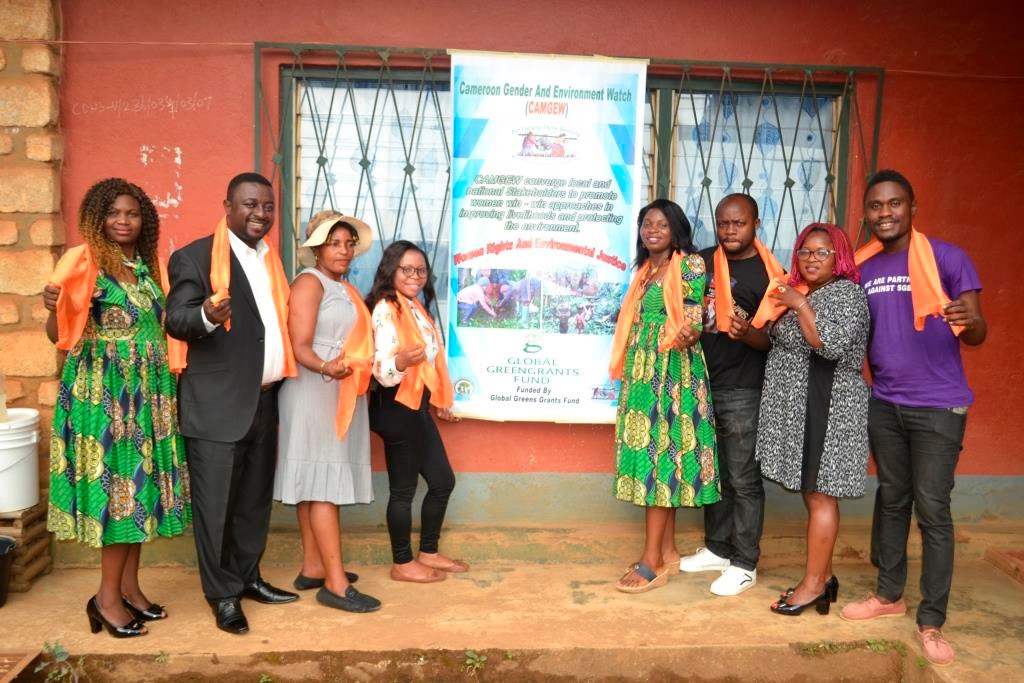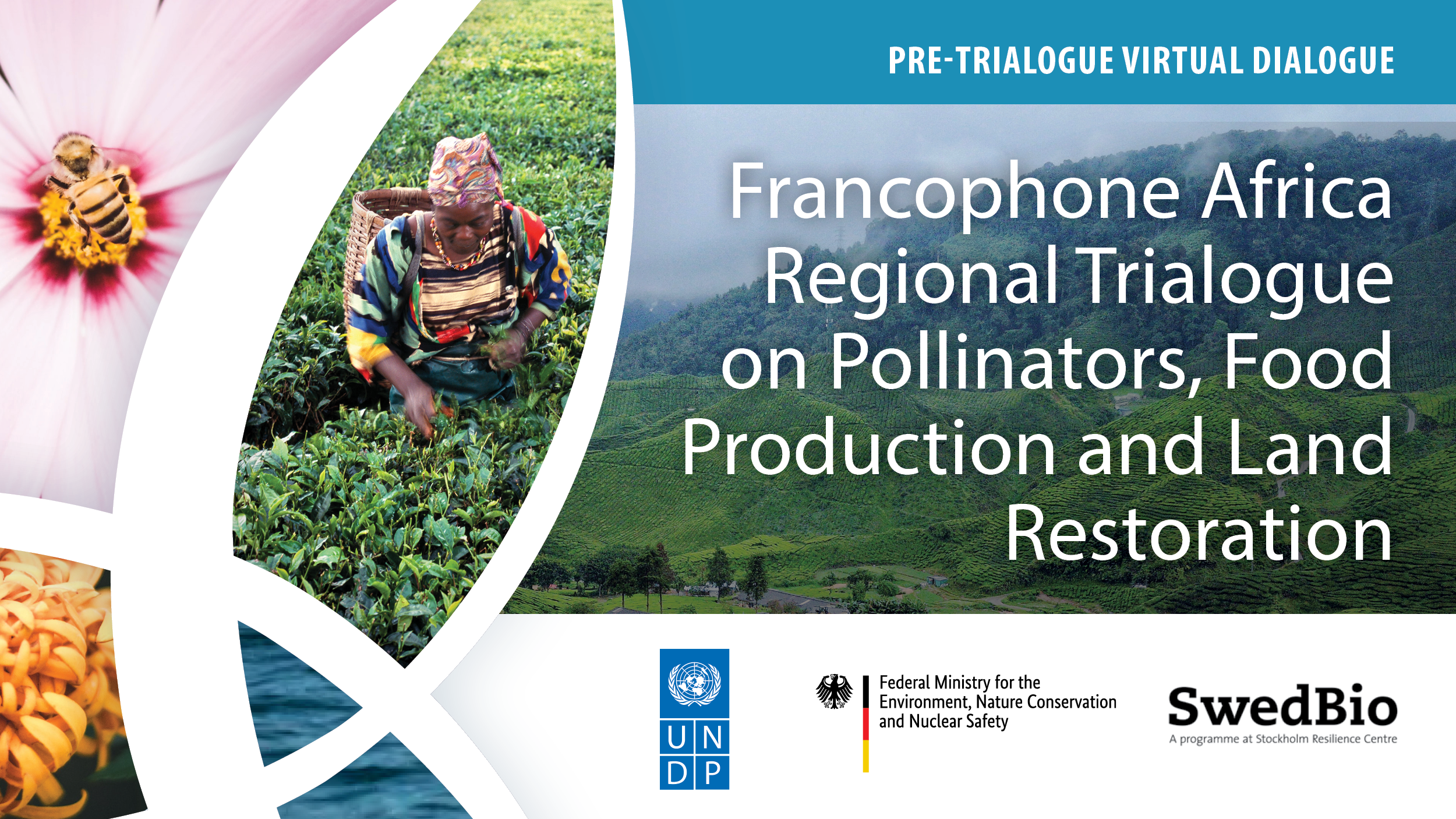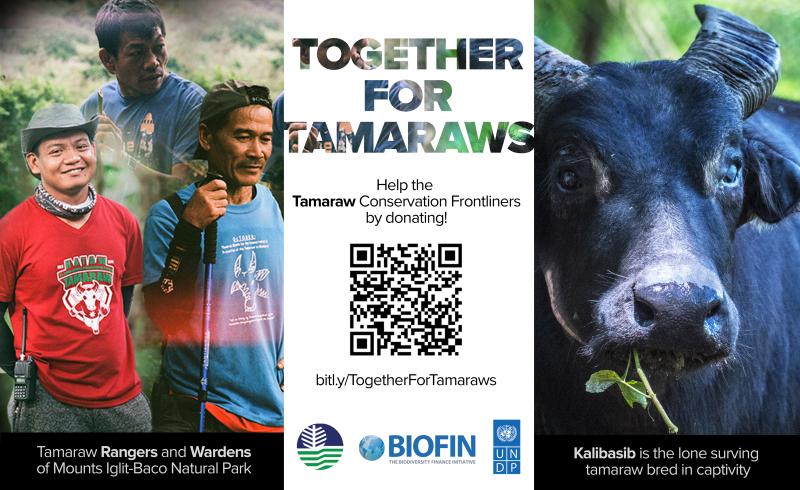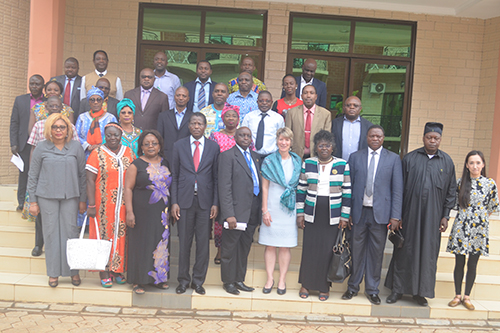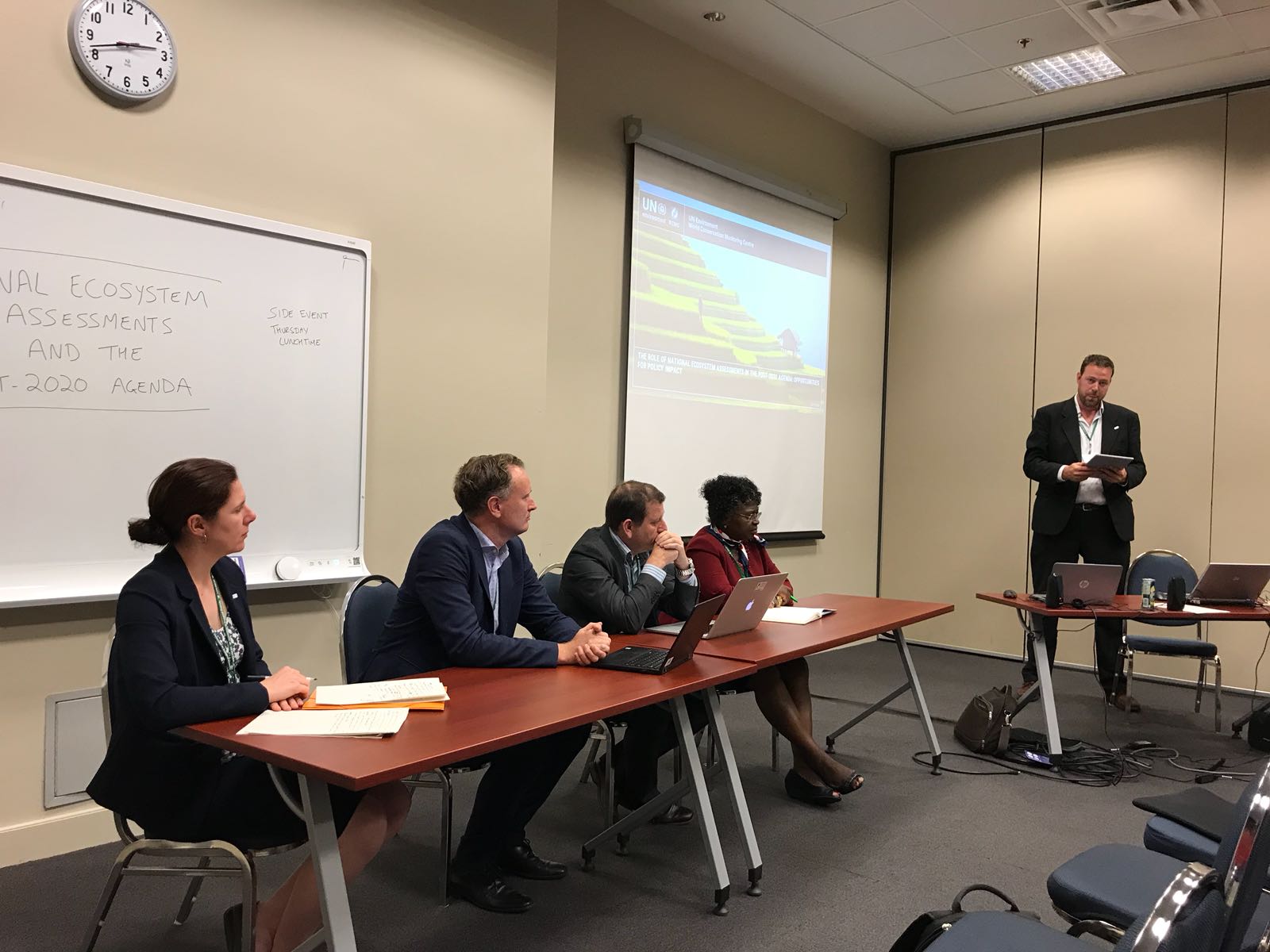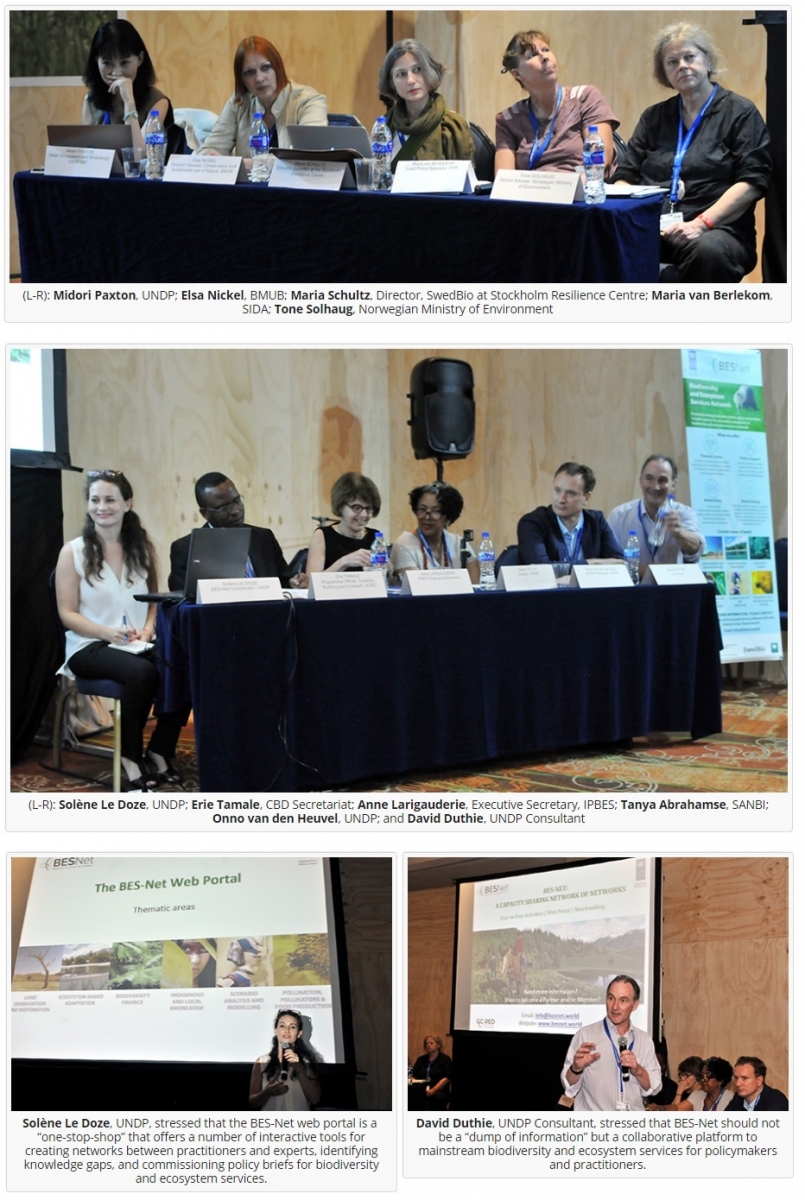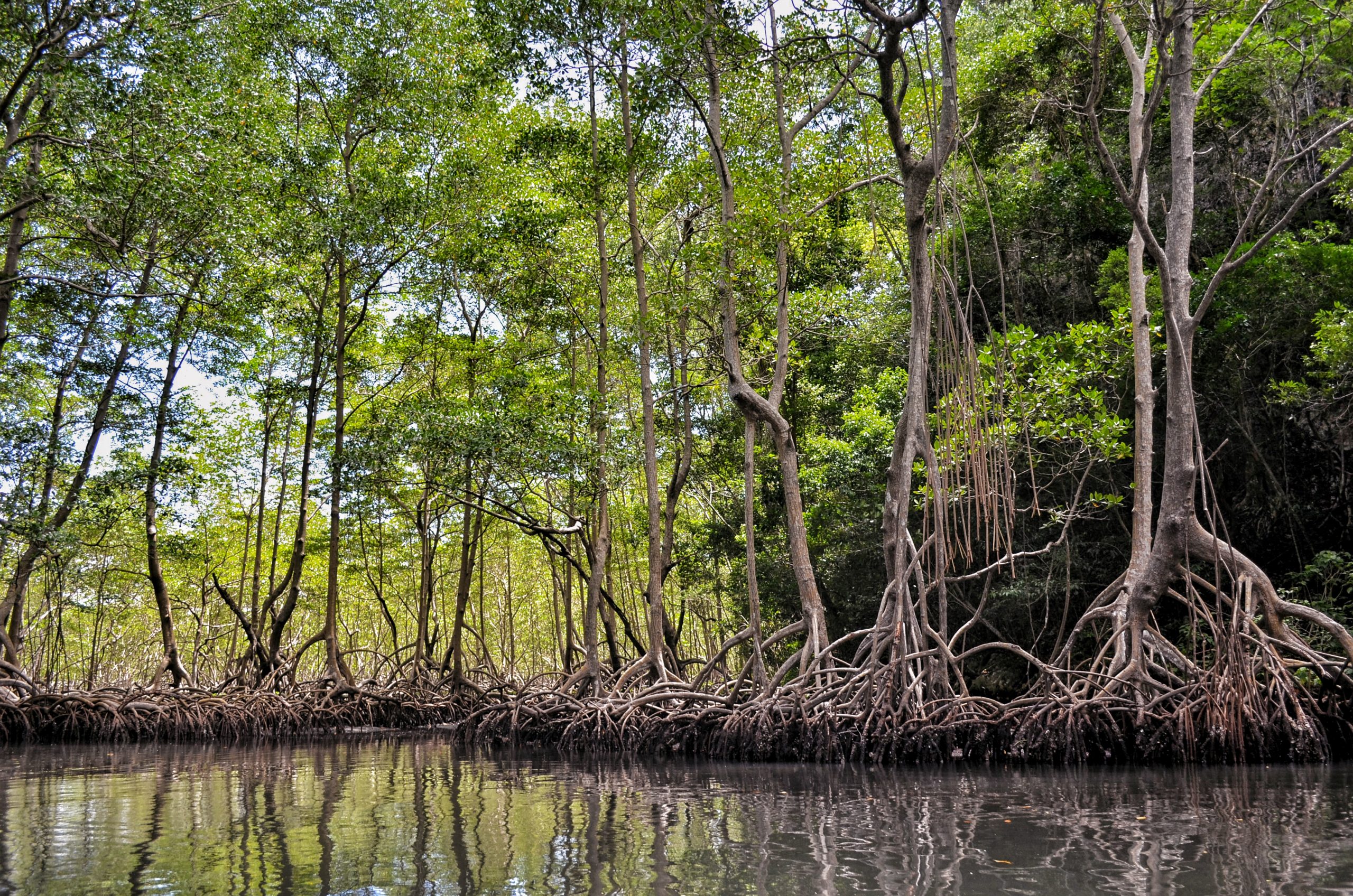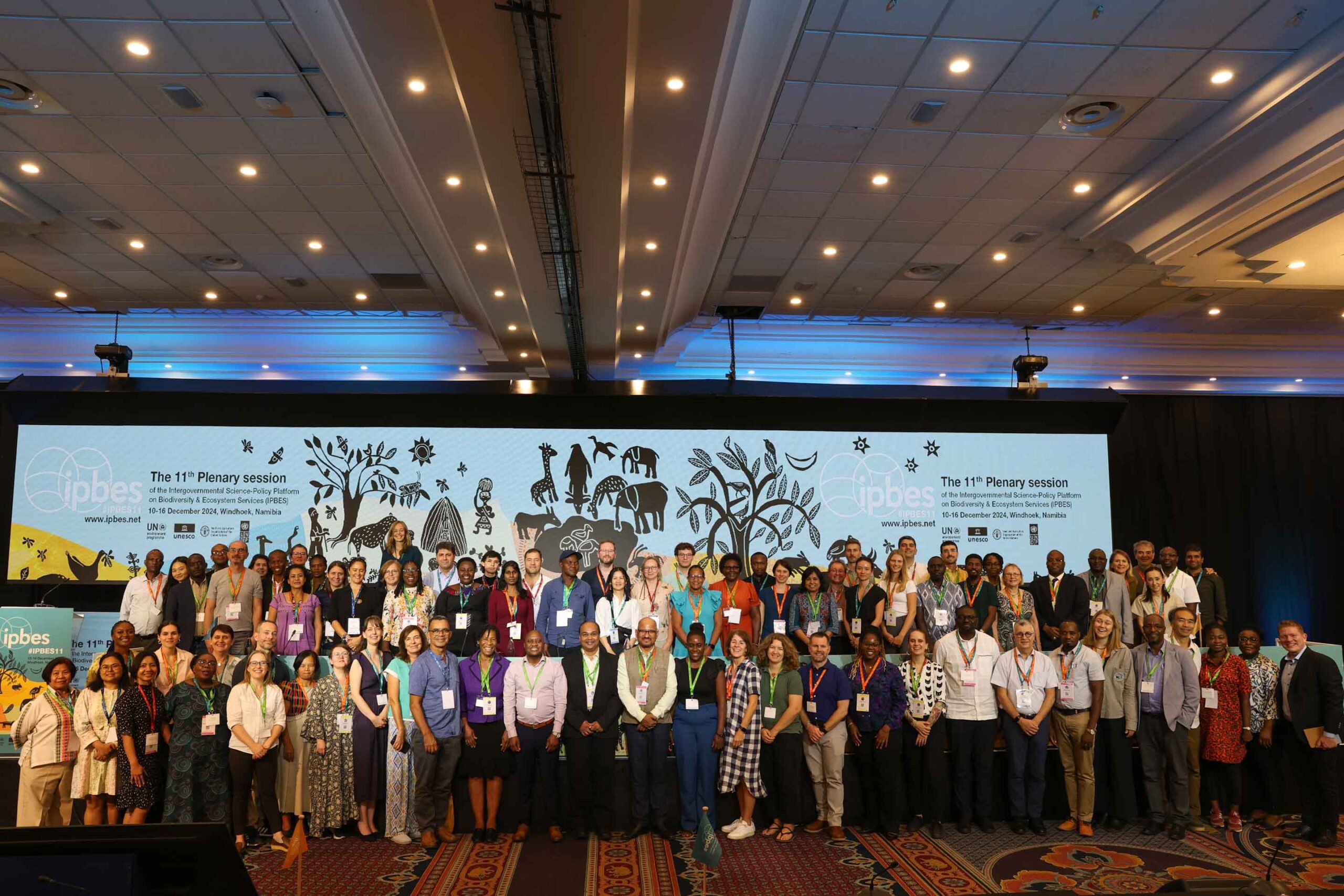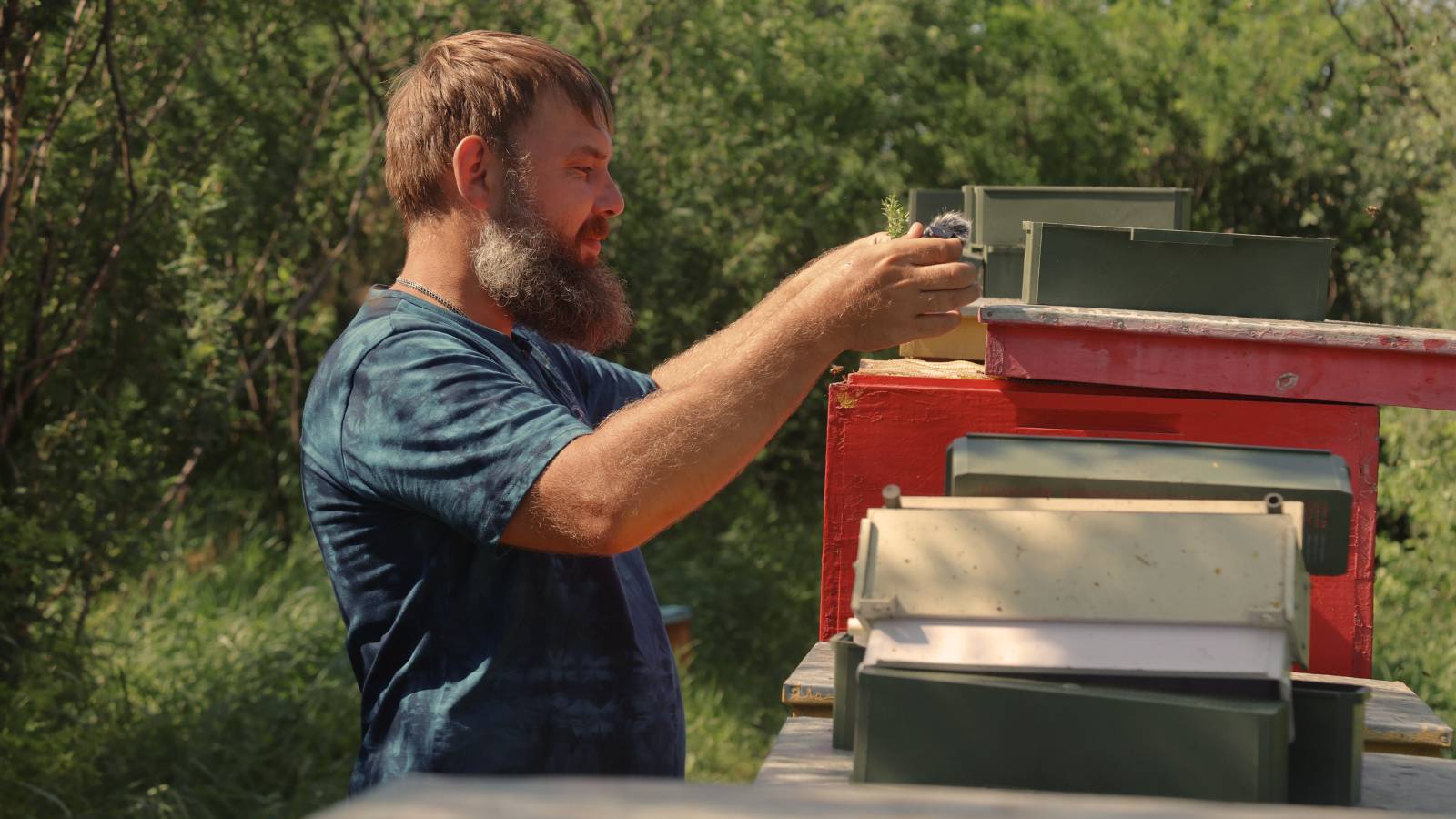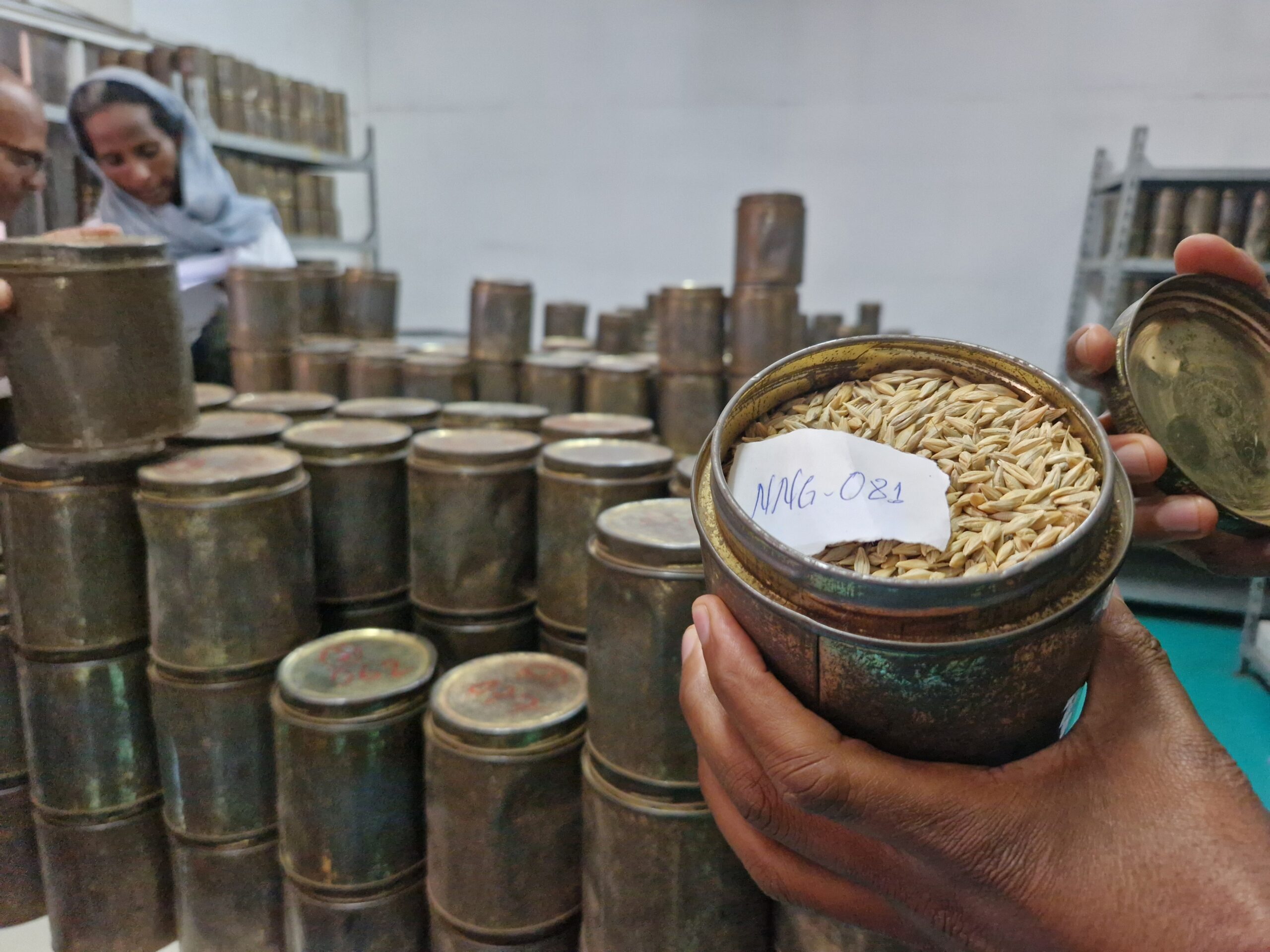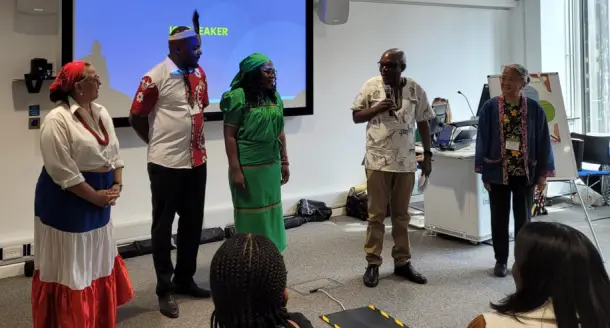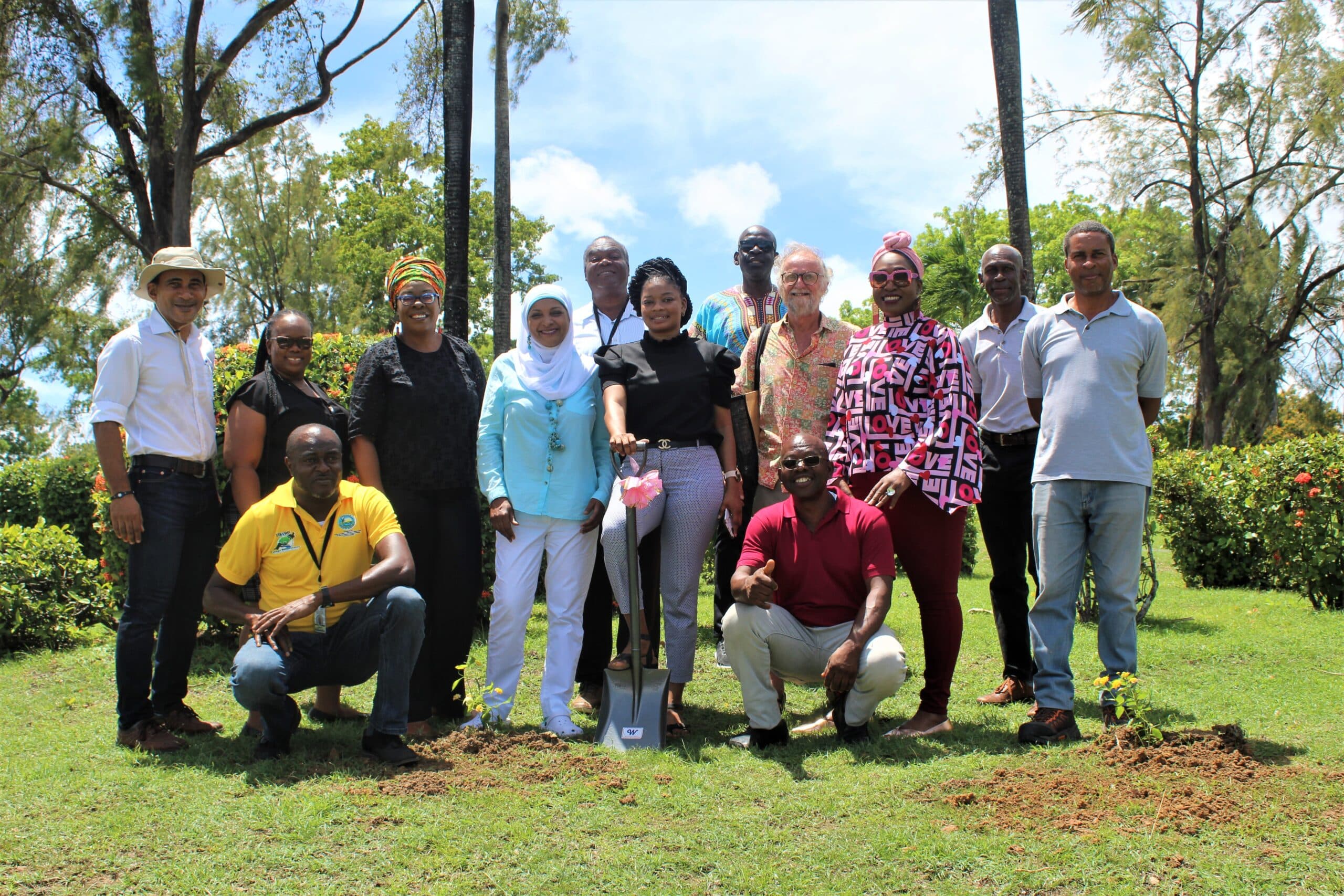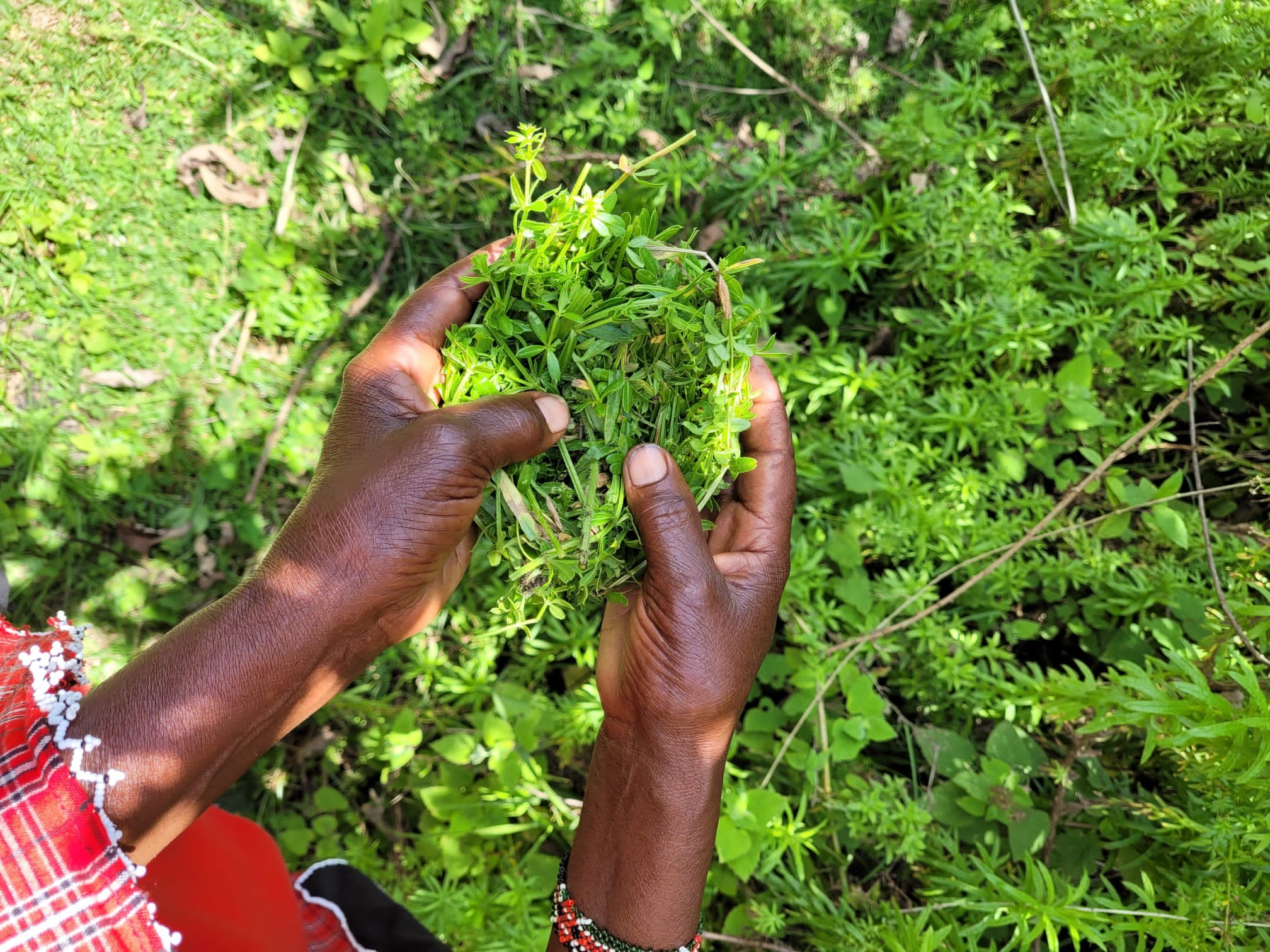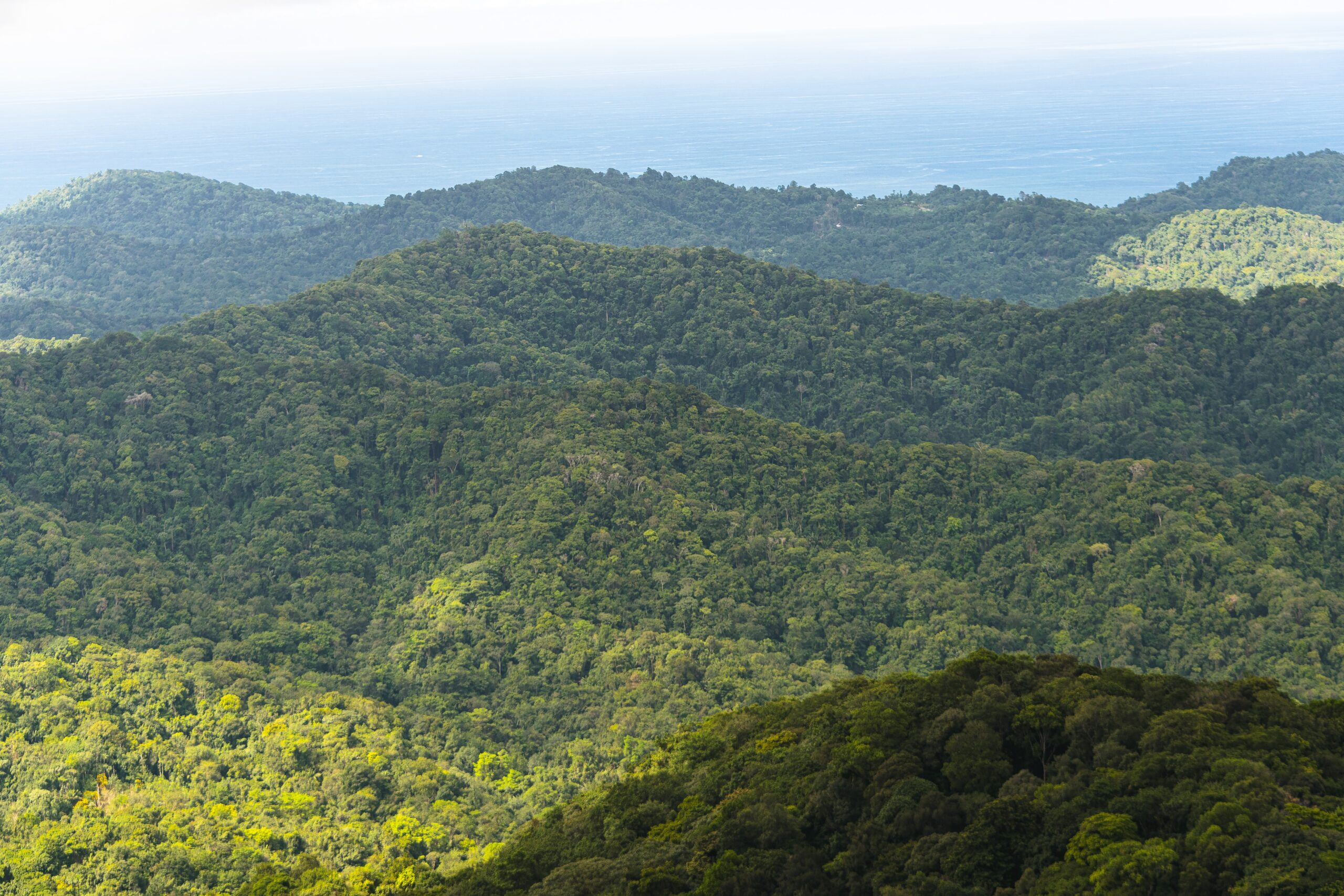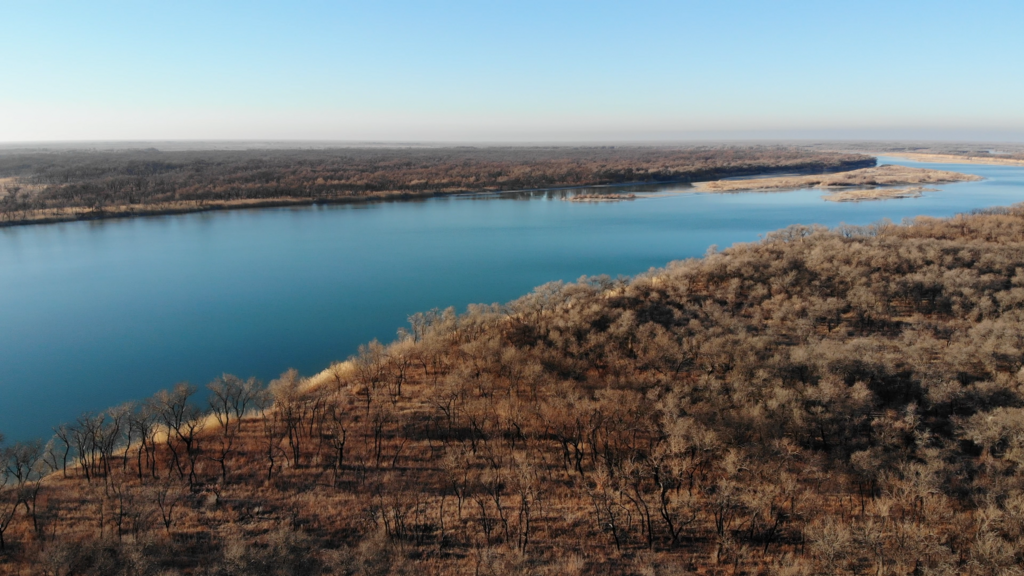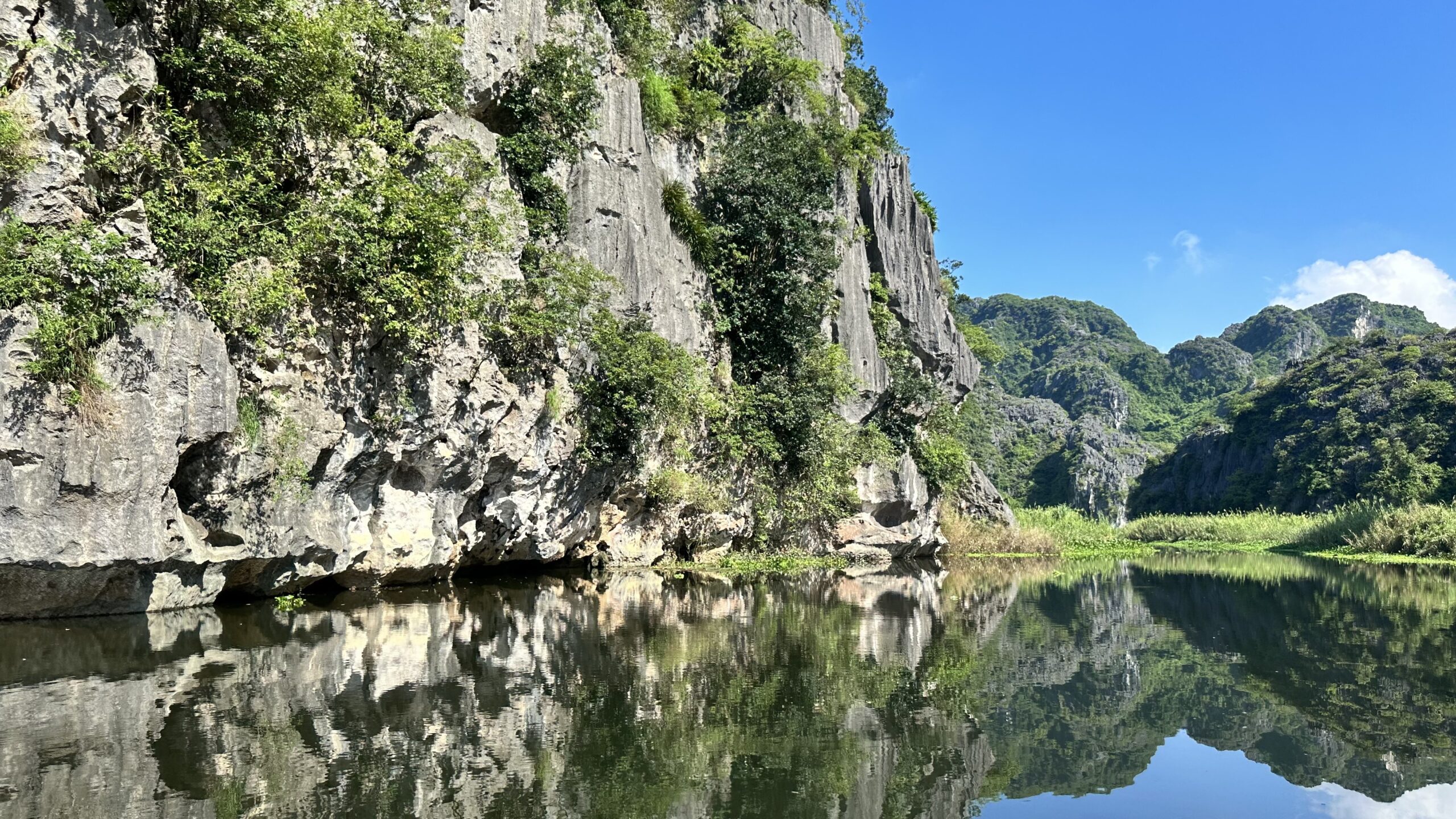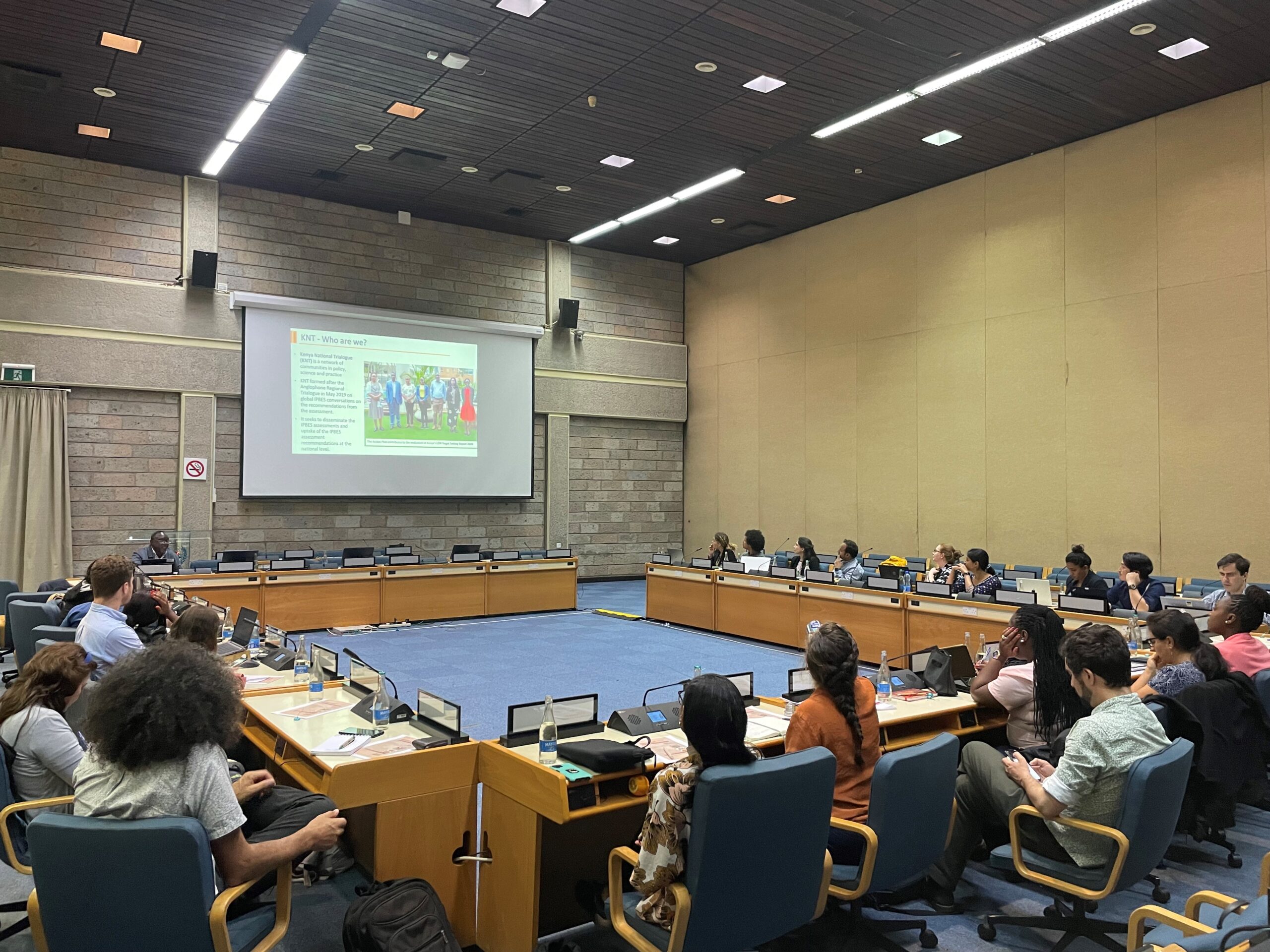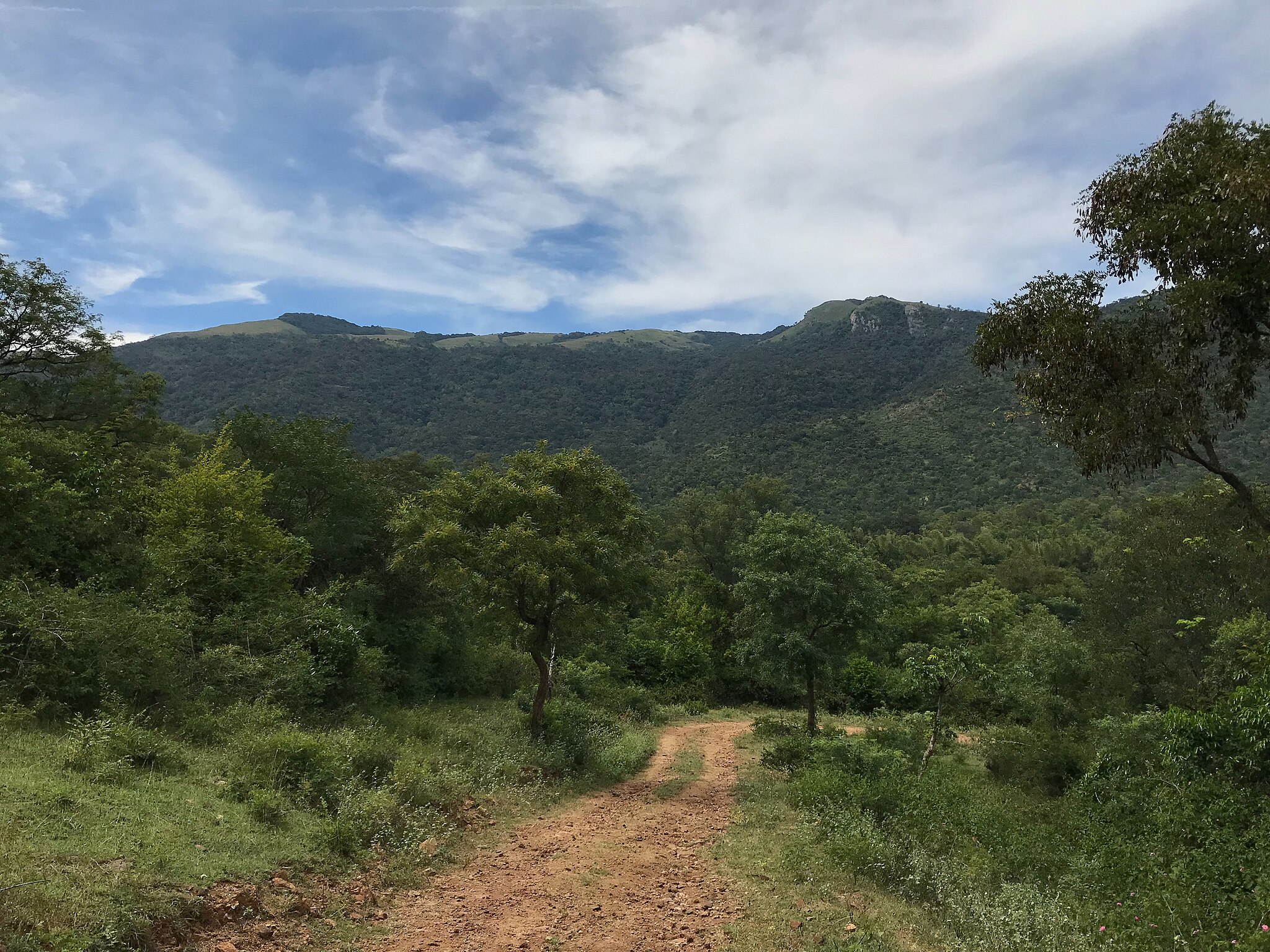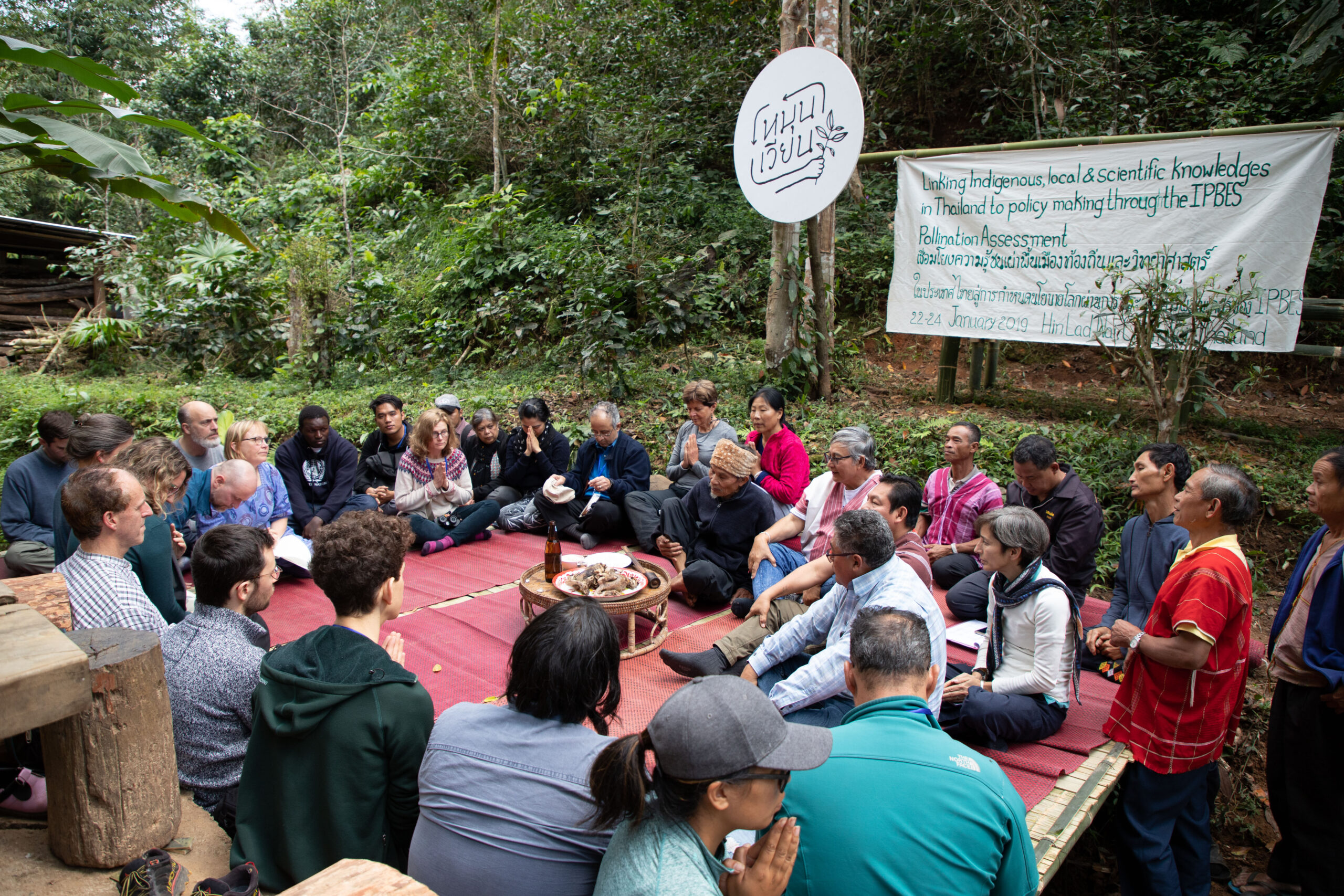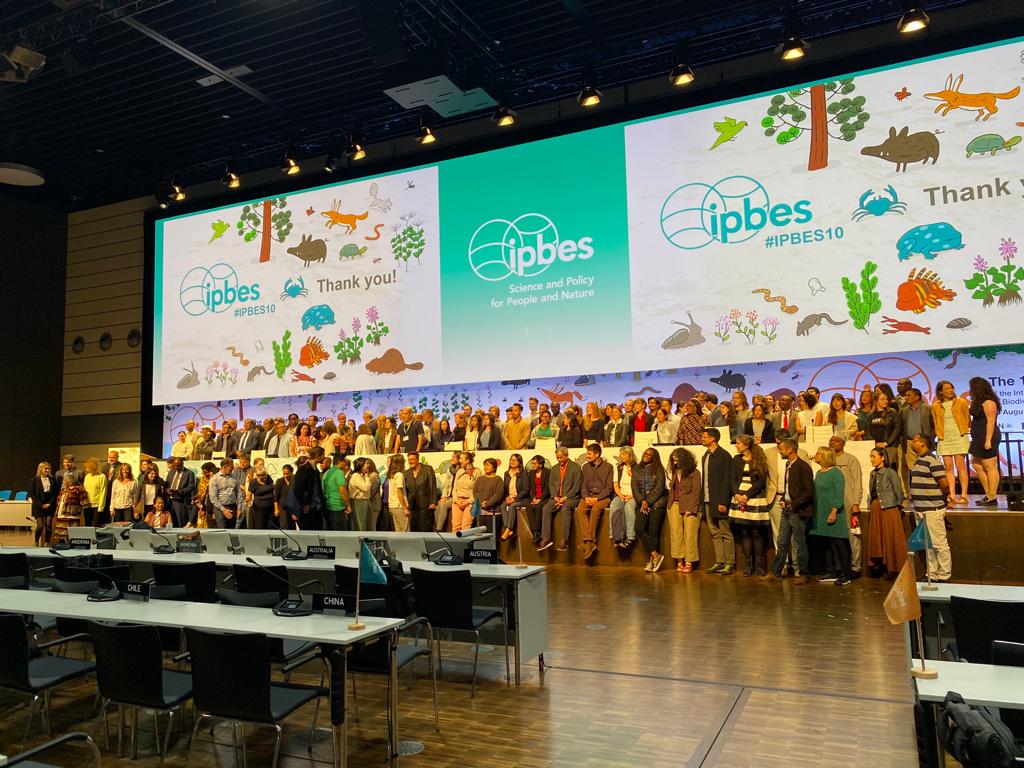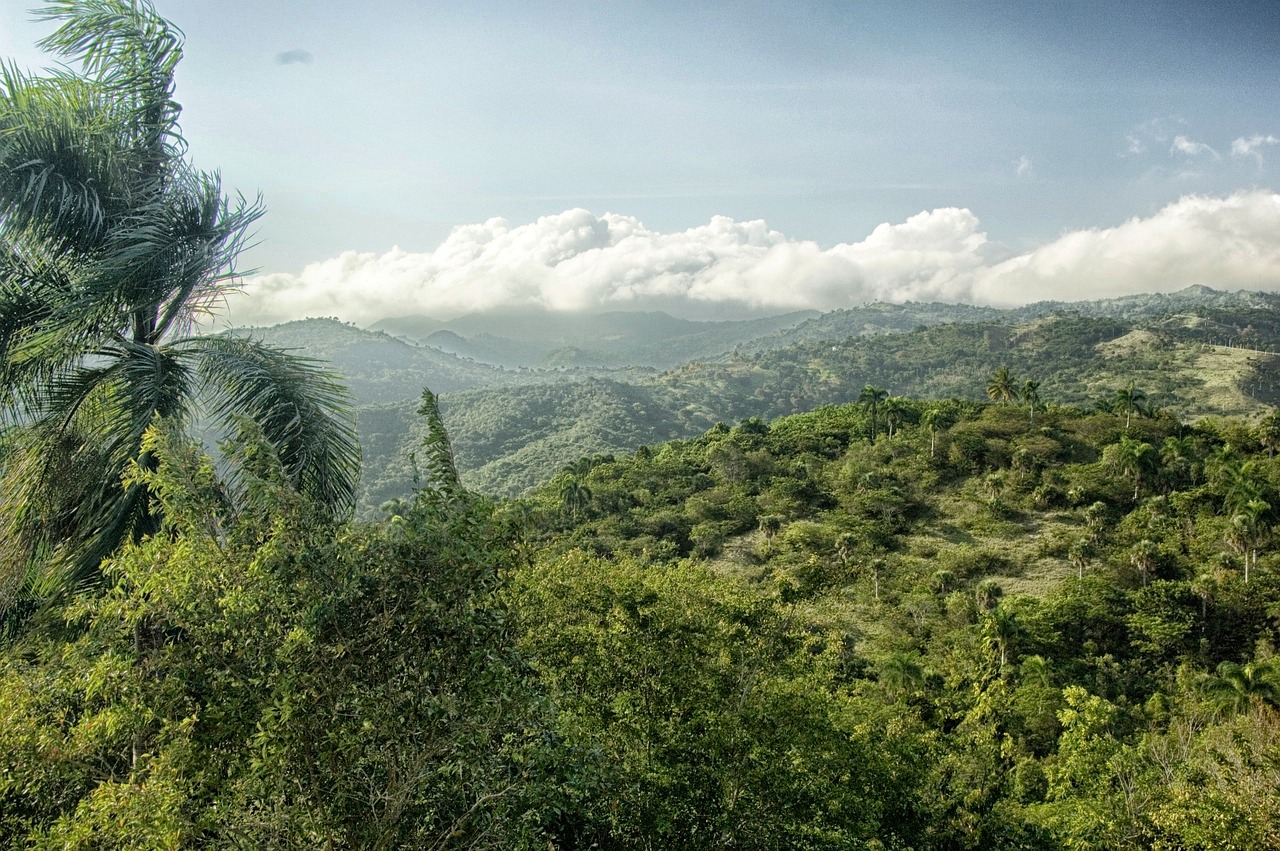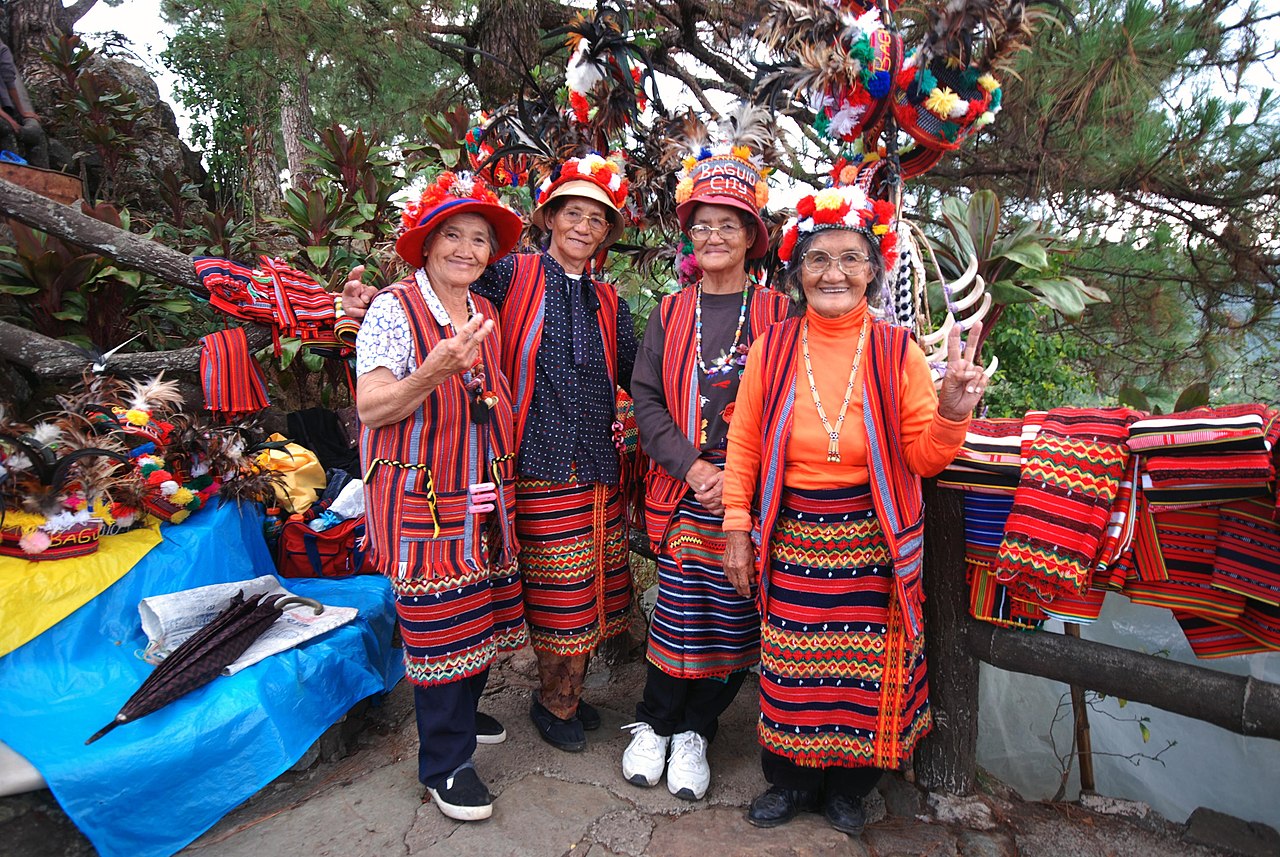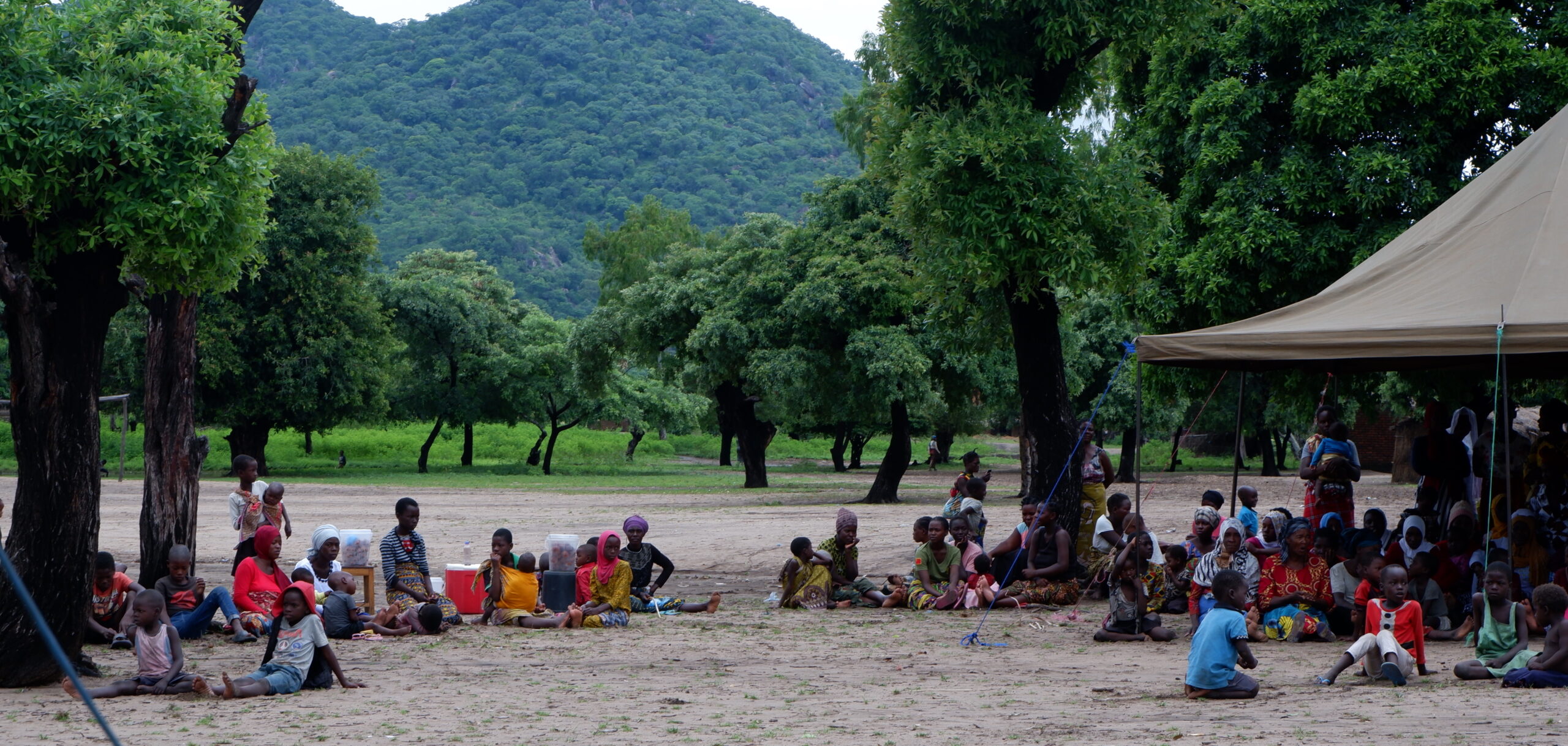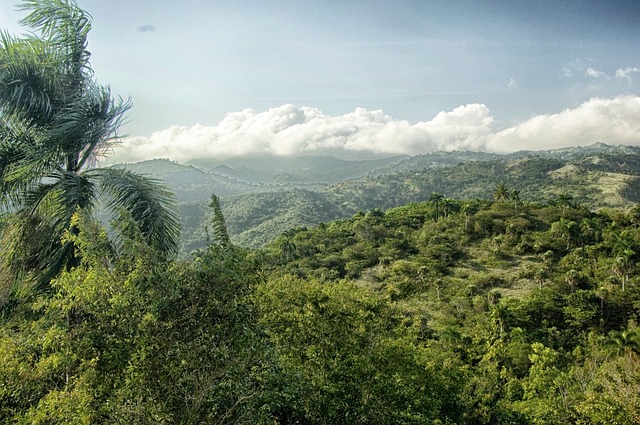Expert Corner: Engaging Youth to Preserve and Cherish Indigenous Knowledge of Nature
by Shivani Rai, YESS Executive Team Member
Shivani Rai is a Capacity Development Consultant with the United Nations Volunteers (UNV) programme in Germany with experience in natural resource management, disaster risk reduction, and climate change adaptation. She is also the Executive Team Member of the Young Ecosystem Services Specialists (YESS) and represents YESS in the Open-ended Network of IPBES Stakeholders (ONet).

Coming from Darjeeling, a small town located in the foothills of the Indian Himalayan Region, has blessed me with being brought up in a close-knit mountain community that values and worships nature. Traditional practices using natural resources are deeply rooted in the community, from using medicinal plants to implementing conventional agricultural and water management practices to promoting biodiversity conservation with nature-based solutions for reducing the effects of disaster risk. Working with nature has always been an integral part of our lives.
Nevertheless, with the advancement of technology and the influence of western culture and development, our beloved mountain area and its resources have been compromised. Climate change has further exacerbated the situation. For instance, the frequency and intensity of rain-induced landslides and flash floods have continuously increased. However, if we look back in the past, our ancestors survived the devastating impacts of disaster for centuries using only natural resources. Such examples and observations were a huge motivation for my research, in which I explored the role of traditional ecological knowledge in disaster risk reduction across the Indian Himalayan Region.
Photo by Boudhayan Bardhan on Unsplash
Photo by Boudhayan Bardhan on Unsplash
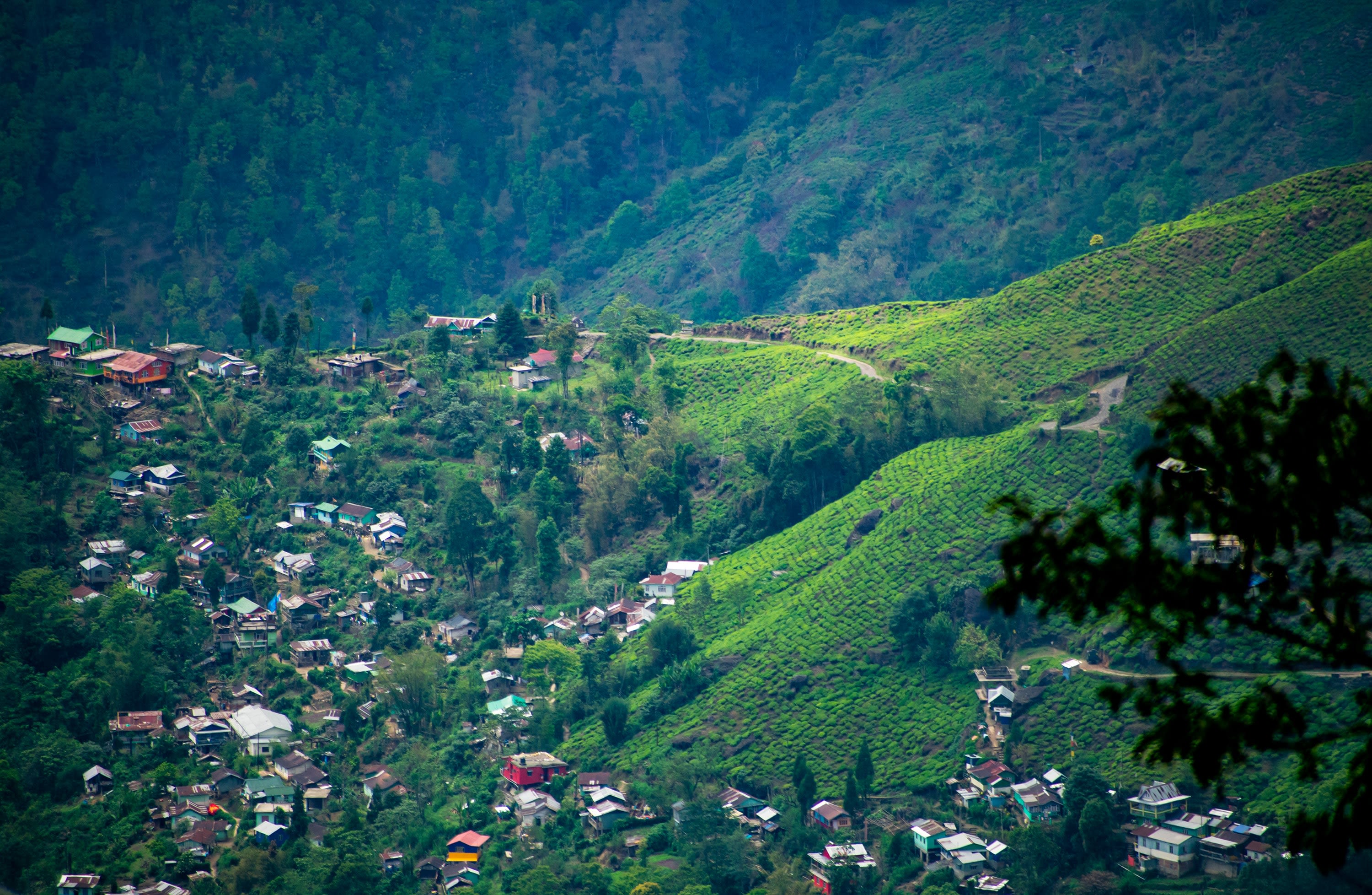
Through this research, I discovered indigenous and local knowledge and explored its relevance for applicability to address various risks and disasters in the region. For example, traditionally constructed houses in the states of Assam, Sikkim and Uttarakhand made of wood and bamboo can withstand natural hazards such as floods and earthquakes. Another example would be that of sacred groves. Although the purpose of sacred groves originates from the religious and spiritual beliefs of indigenous peoples and local communities, from a scientific perspective, they have contributed to enhancing resilience against disasters, as the different tree species preserved in the sacred groves act as natural barriers against natural hazards.
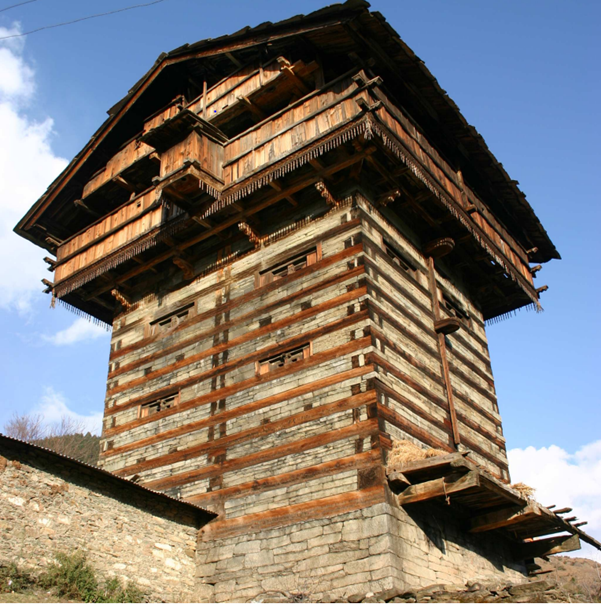
An example of traditional earthquake-safe Koti Banal architecture of Uttarakhand, India. (Source: Rautela and Joshi, 2007)
An example of traditional earthquake-safe Koti Banal architecture of Uttarakhand, India. (Source: Rautela and Joshi, 2007)
Khecheopalri, a sacred lake forest preserved by the community in Sikkim, India. Image courtesy of Shivani Rai.
Khecheopalri, a sacred lake forest preserved by the community in Sikkim, India. Image courtesy of Shivani Rai.
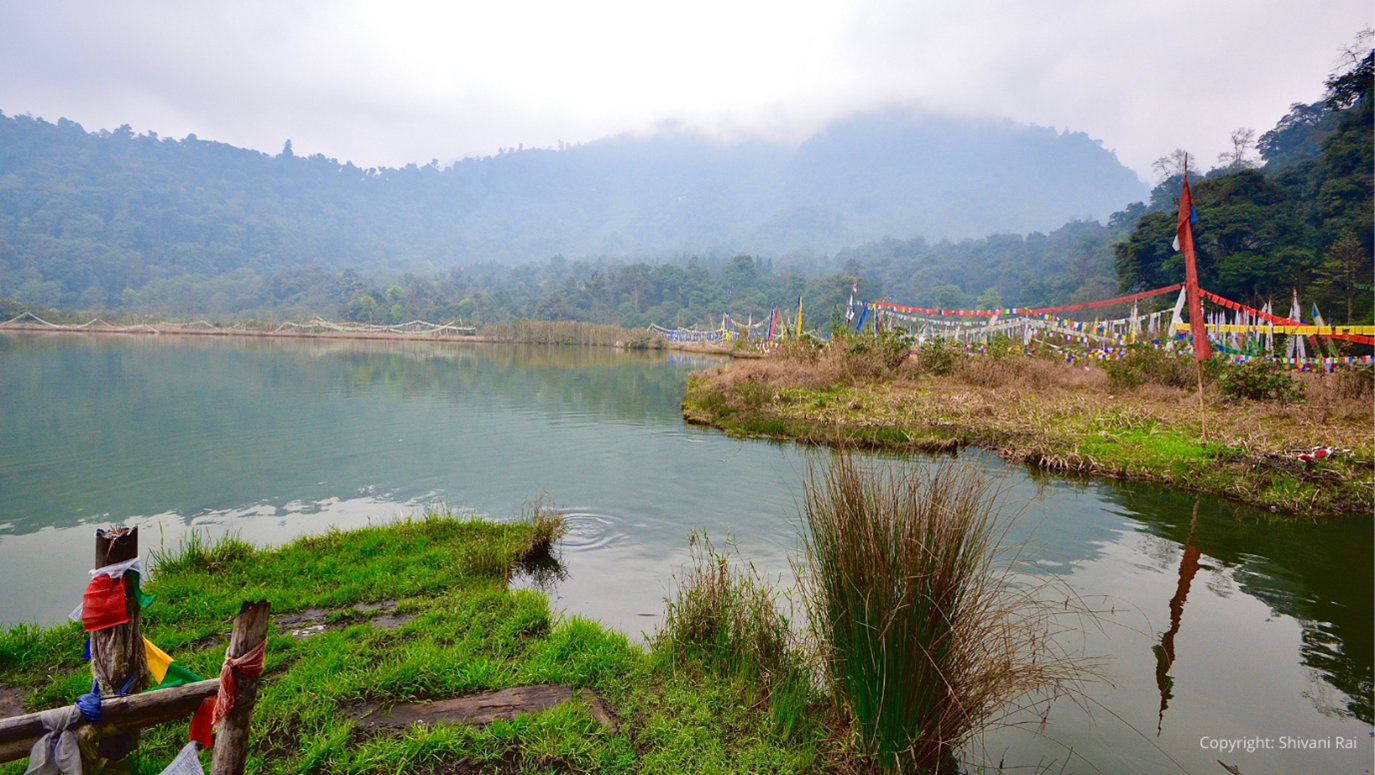
Despite the innumerable examples showcasing its significance to humans and the environment, traditional knowledge faces crucial challenges. Such challenges include a lack of recognition in the scientific community and the erosion of knowledge caused by translation errors, lack of documentation and competition from western knowledge.
These setbacks highlight the necessary role of youth in conserving traditional knowledge, as children and adolescents are willing to learn and are better equipped with technological skills than many adults. These characteristics can help the elderly community members to promote, create awareness of and document their traditional knowledge.
Activities of Sakela, a festival celebrated by the Rai community offering homage to nature for healthy crops and protection from disasters. (Source: Yawan Rai)
Activities of Sakela, a festival celebrated by the Rai community offering homage to nature for healthy crops and protection from disasters. (Source: Yawan Rai)
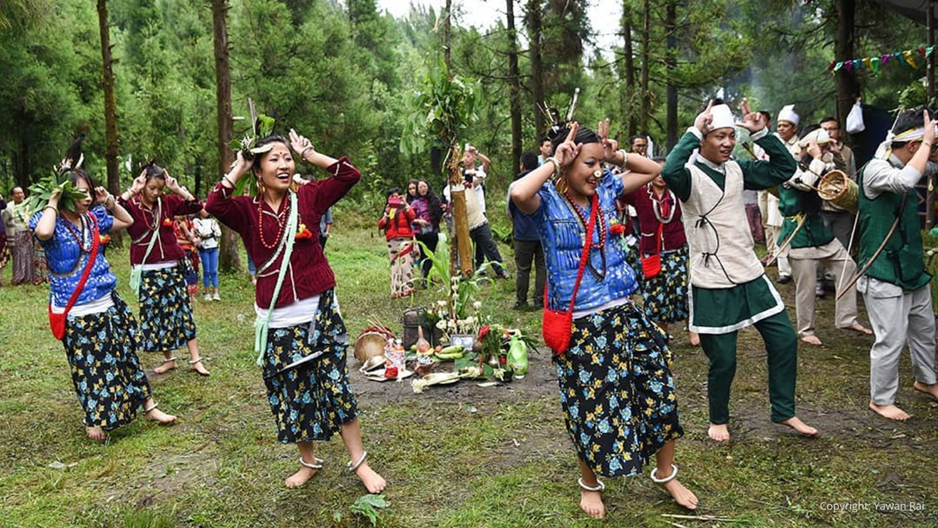
However, such thought processes are not echoed by all the youth in the mountain community as they continue to migrate to urban areas, eventually hindering the transmission of traditional knowledge. Youth migration is relatively common in the Indian Himalayan Region as many young people yearn for better employment opportunities, infrastructure and digital communication. Therefore, an effective way to overcome this obstacle would be to empower youth through capacity-building programmes and mainstreaming youth participation in policymaking and governance at all levels.
There are ample cases where such initiatives have proven effective. One example from Darjeeling is that of the TIEEDI Forest Garden. TIEEDI is an environmental conservation organization founded by Mr. Utsow Pradhan in 2016 to promote ecological awareness and revive traditional agricultural practices in the local community. The full form of TIEEDI is "Take It Easy, Easy Does It", and just like its name, its approach is also unique: it is a community-led initiative that strongly supports youth engagement. Youth are employed in the core teams of TIEEDI and are encouraged to design and implement projects.
A group photo of participants of a community project led by TIEEDI in which the village of Rajahatta, Darjeeling was declared a zero-waste village. As a result of the project, all 22 households segregate their waste, compost their wet waste at home and give their dry waste to the TIEEDI Materials Recovery Facility. Plans lay ahead to begin work on liquid waste, hazardous waste and waste reduction strategies. (Source: TIEEDI, 2022)
A group photo of participants of a community project led by TIEEDI in which the village of Rajahatta, Darjeeling was declared a zero-waste village. As a result of the project, all 22 households segregate their waste, compost their wet waste at home and give their dry waste to the TIEEDI Materials Recovery Facility. Plans lay ahead to begin work on liquid waste, hazardous waste and waste reduction strategies. (Source: TIEEDI, 2022)
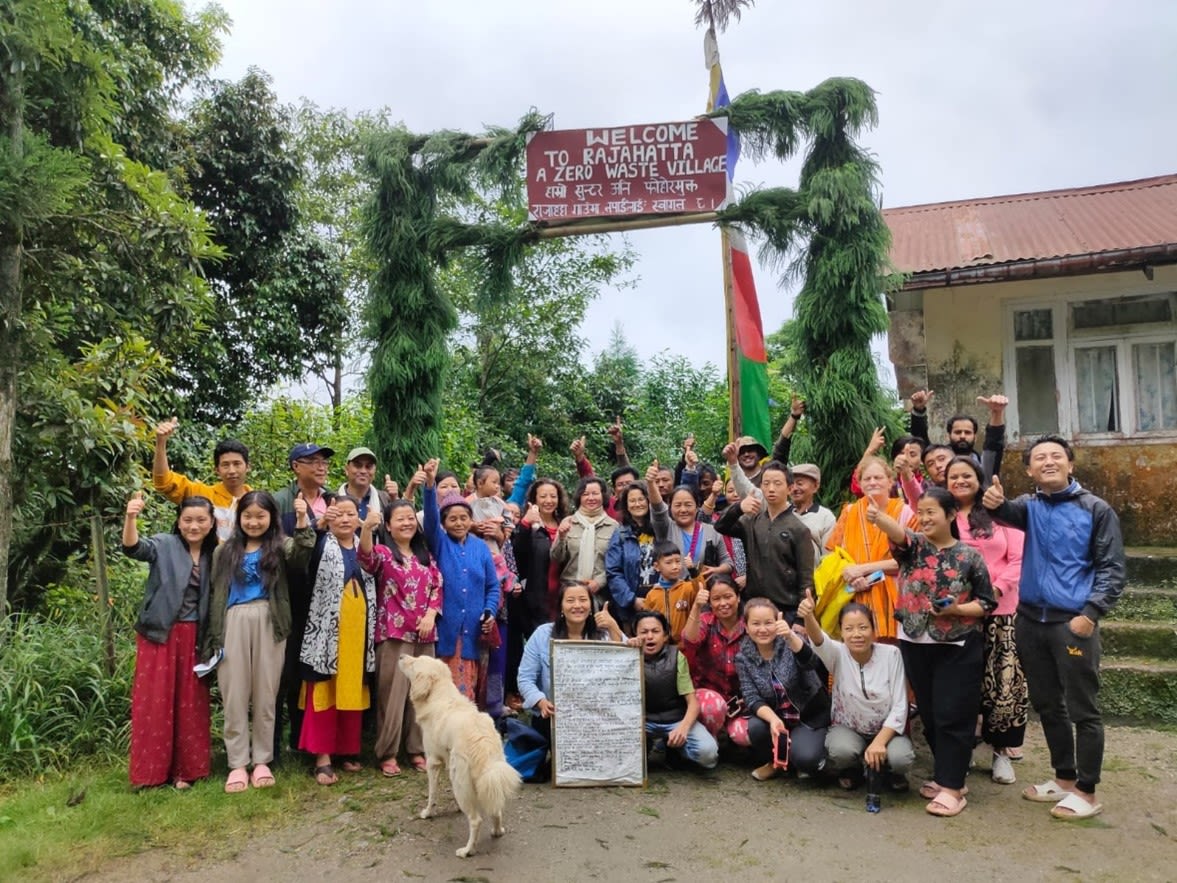
Mr. Utsow believes that bridging the gap between the Government and local communities, civil societies and businesses is imperative to addressing environmental issues. His organization has been successfully working with local communities and the Government over the years to restore forests with native species, disseminate knowledge on the sustainable use of natural resources and eventually create a zero-waste zone in Darjeeling. Overall, TIEEDI has inspired the local youth to be more proactive and take matters into their own hands to protect Mother Nature.





